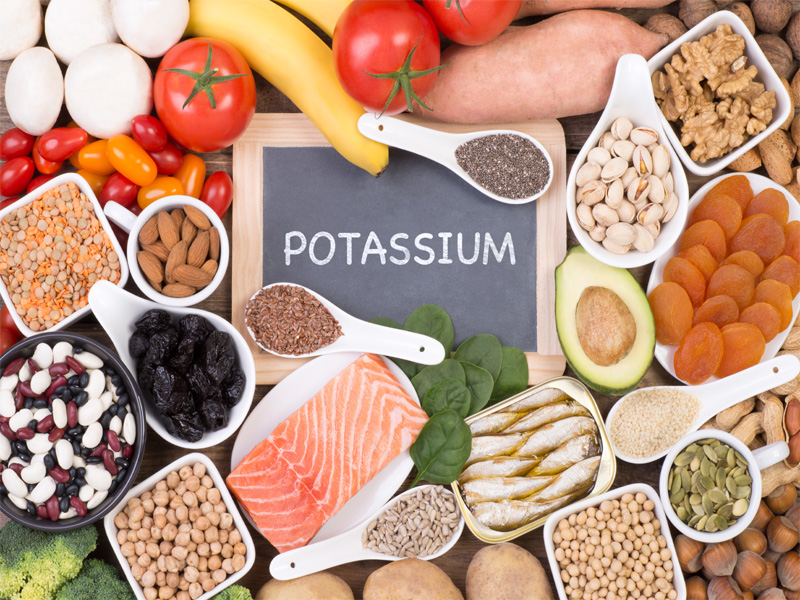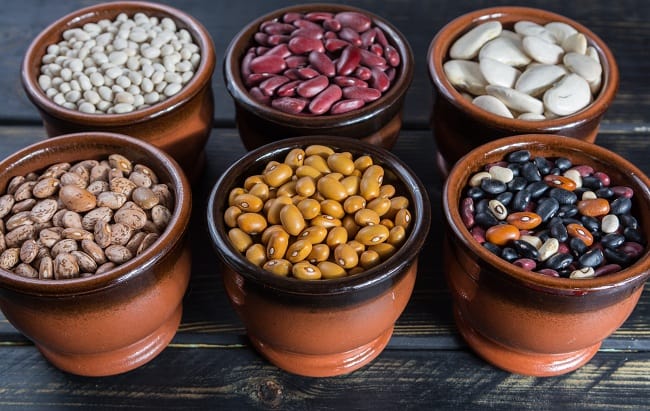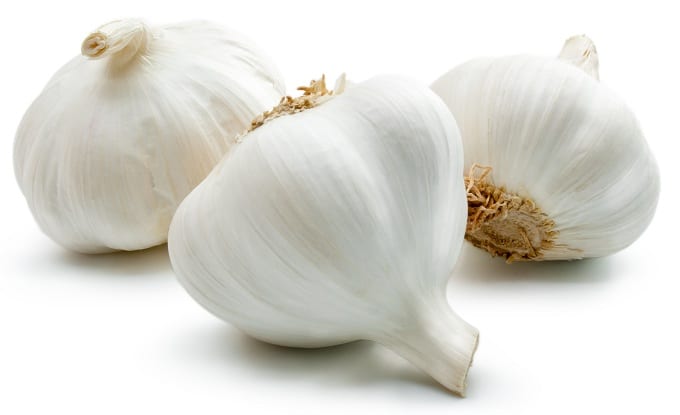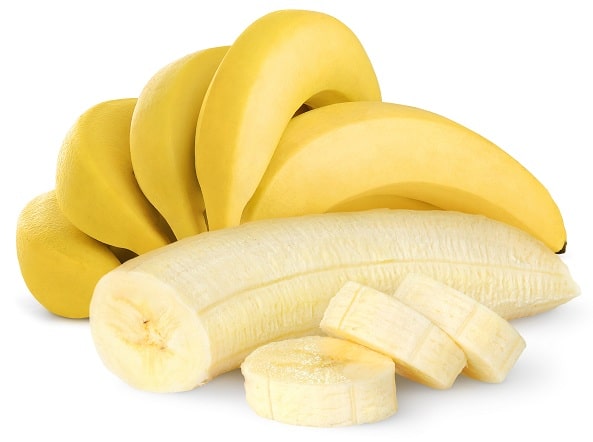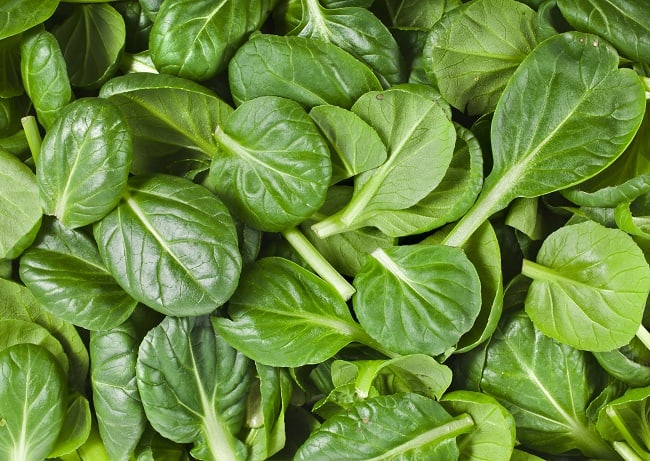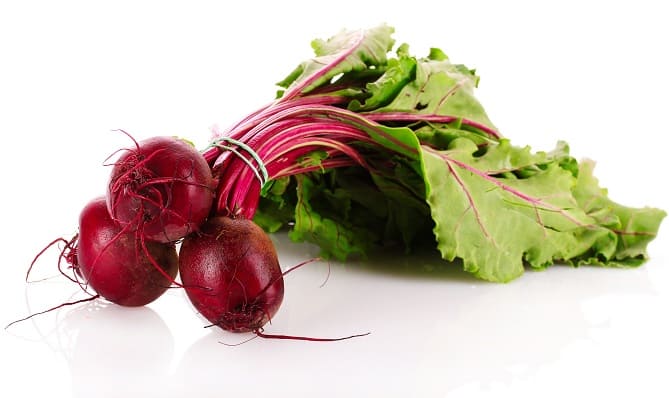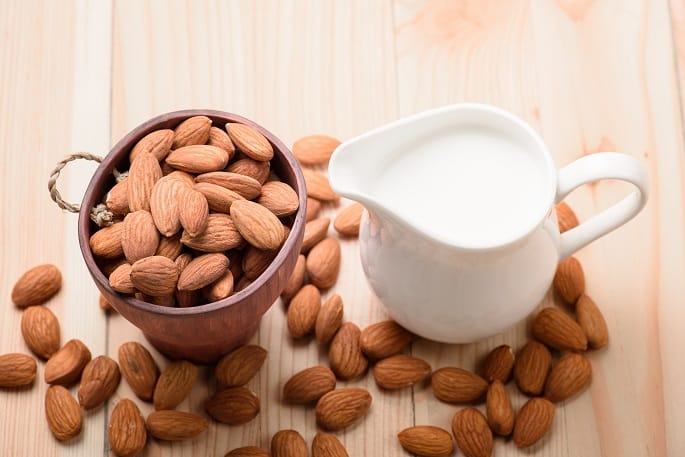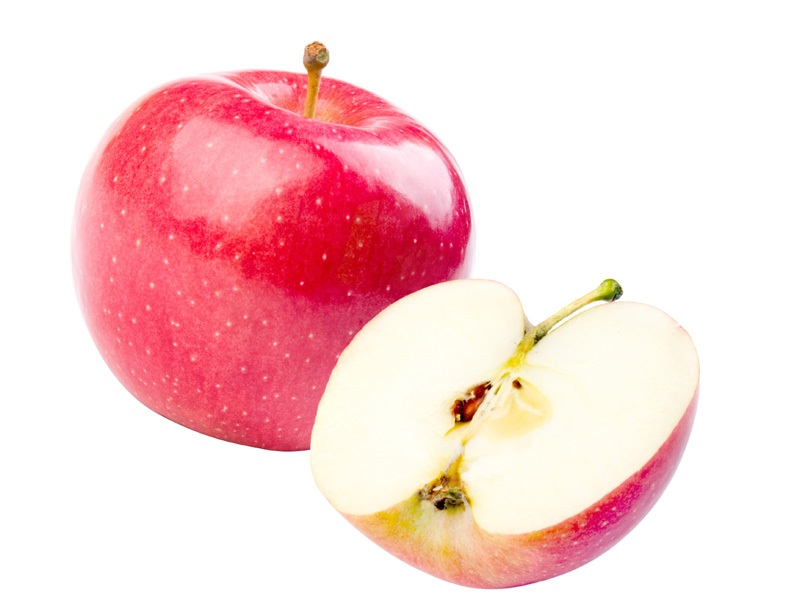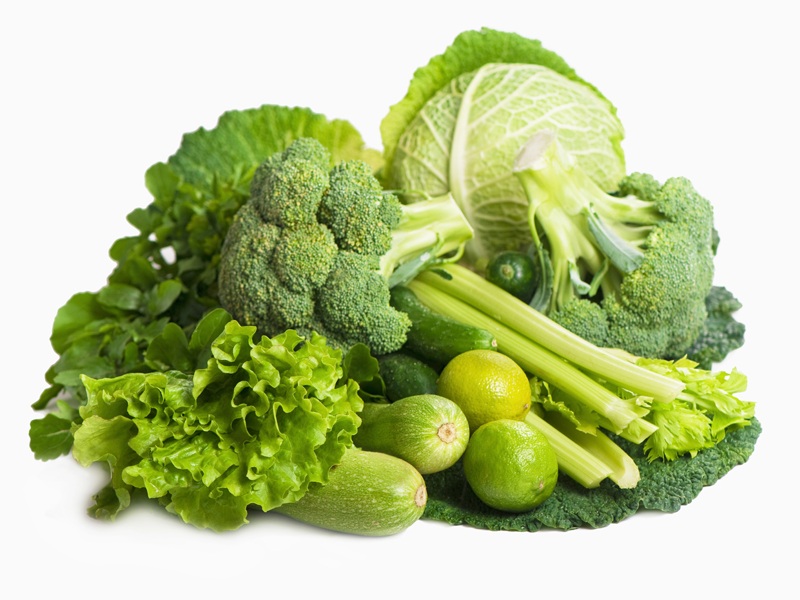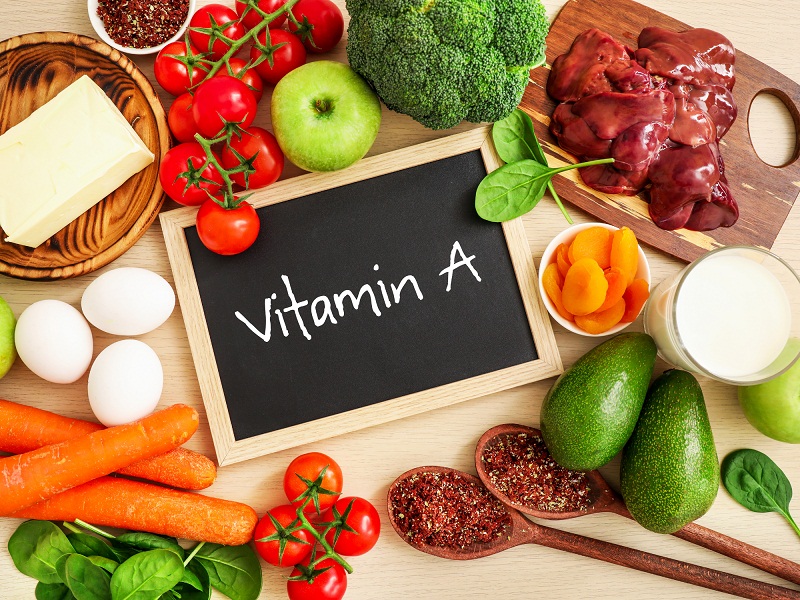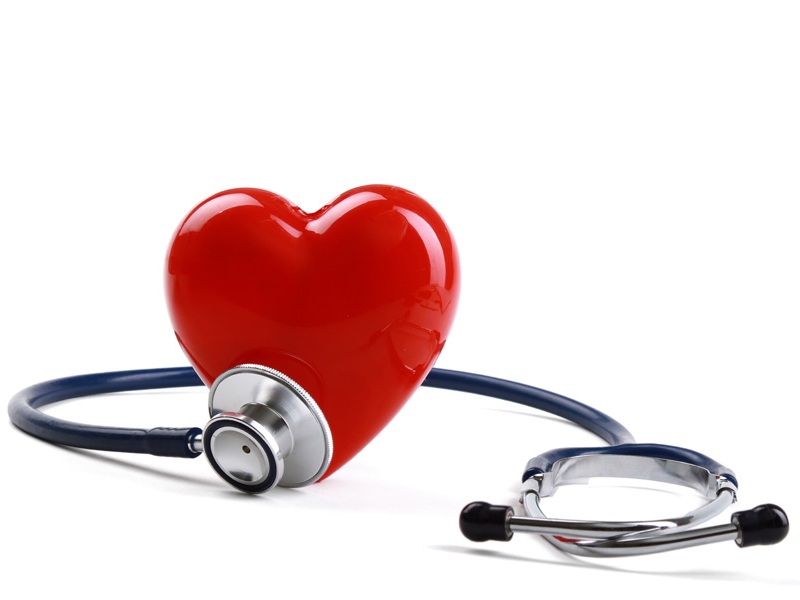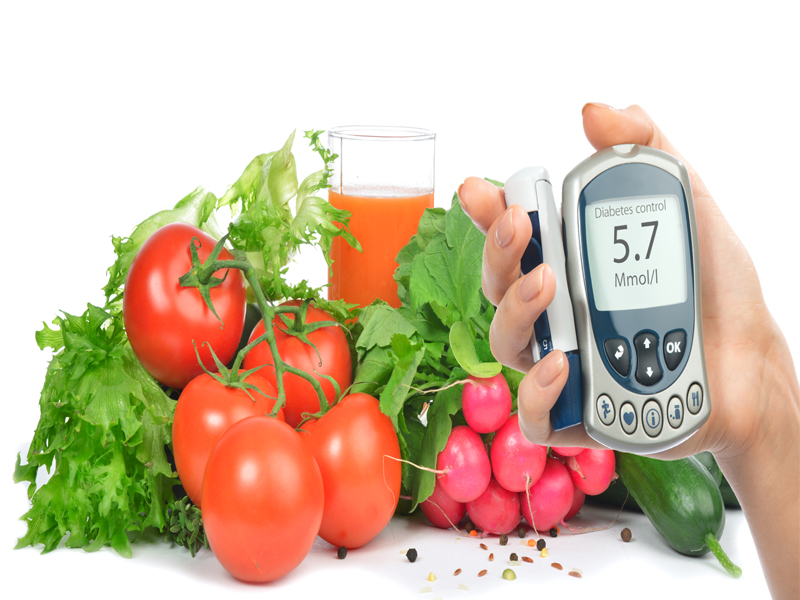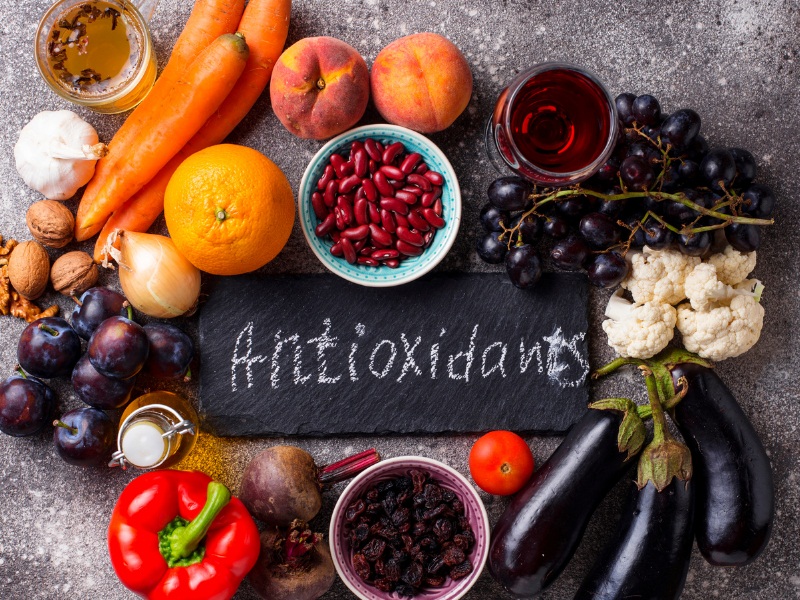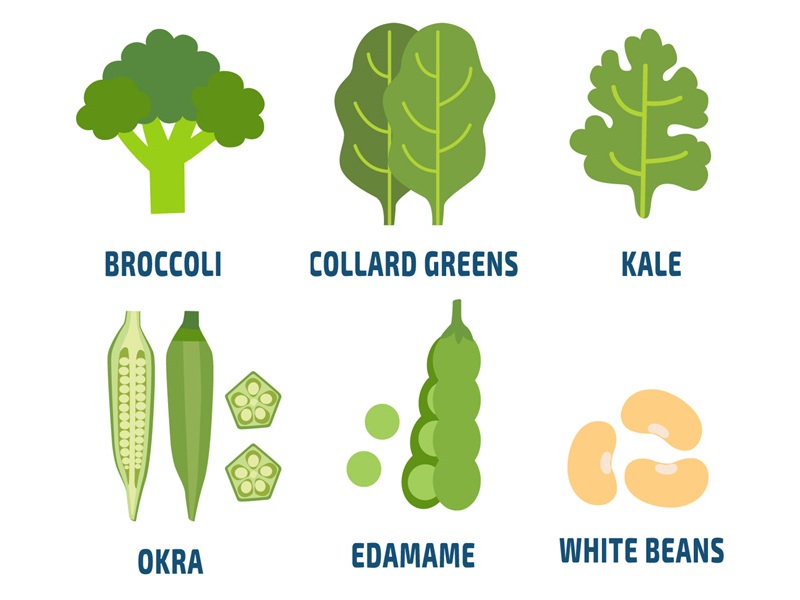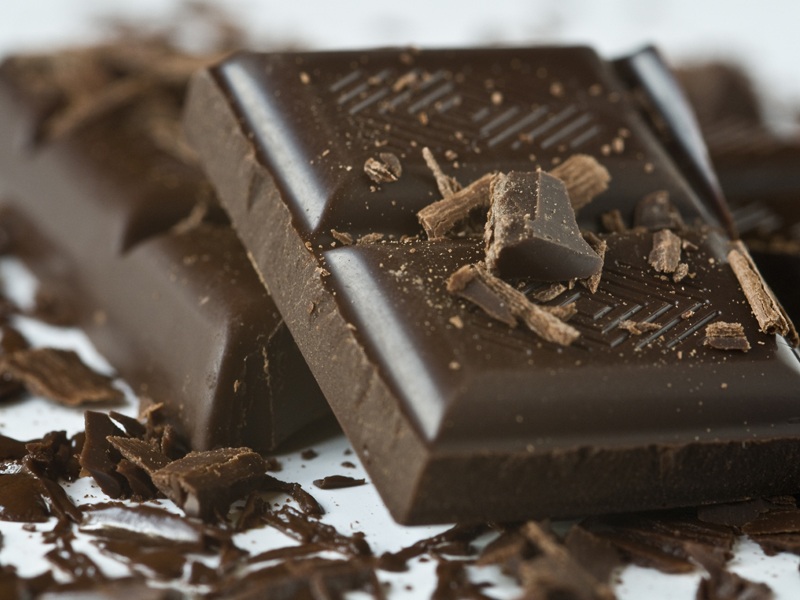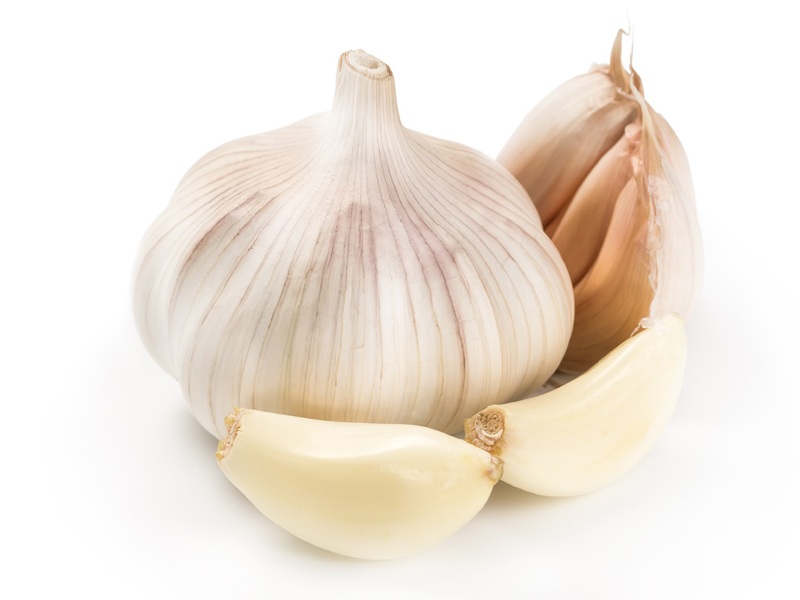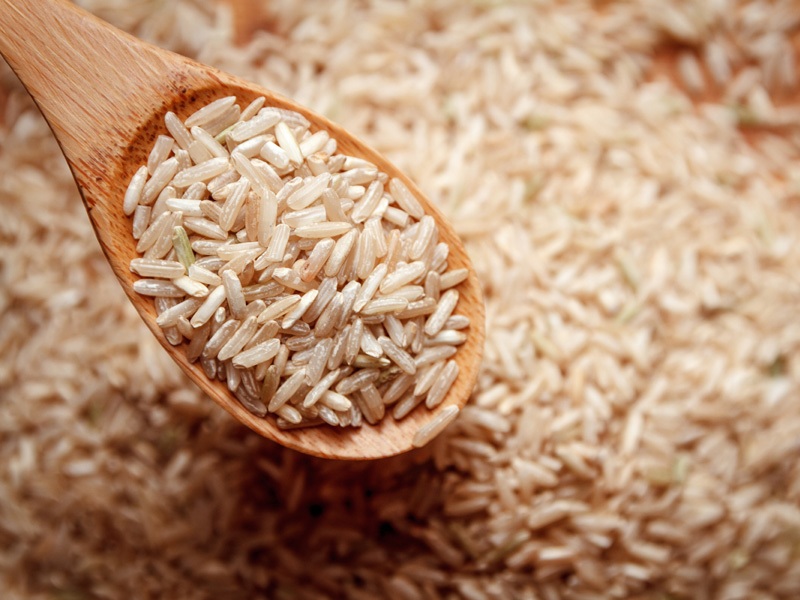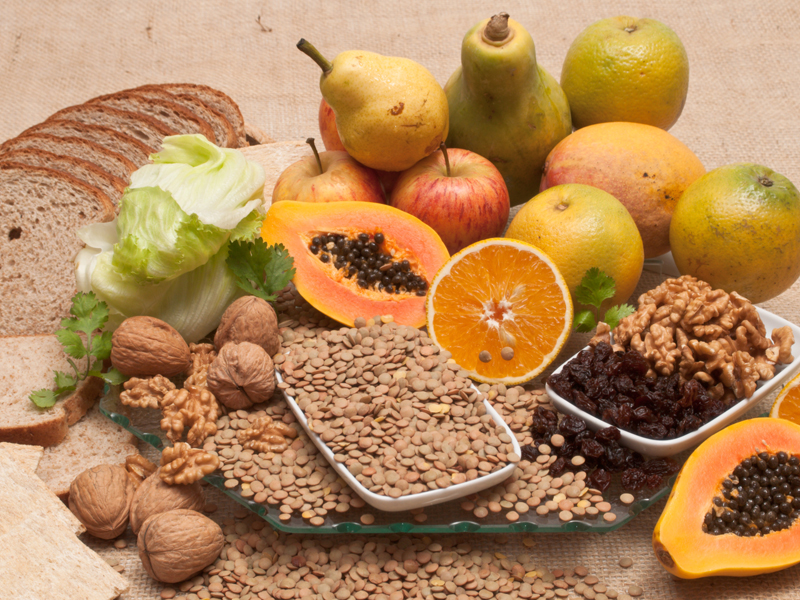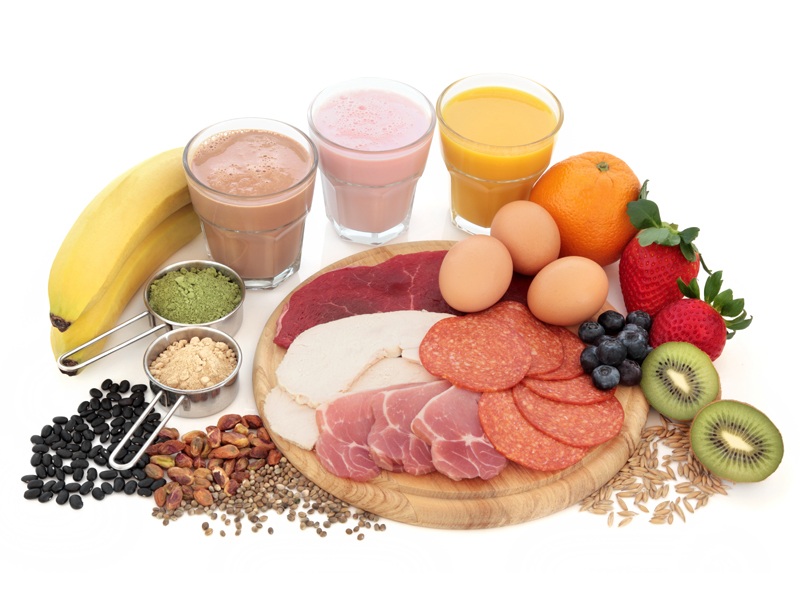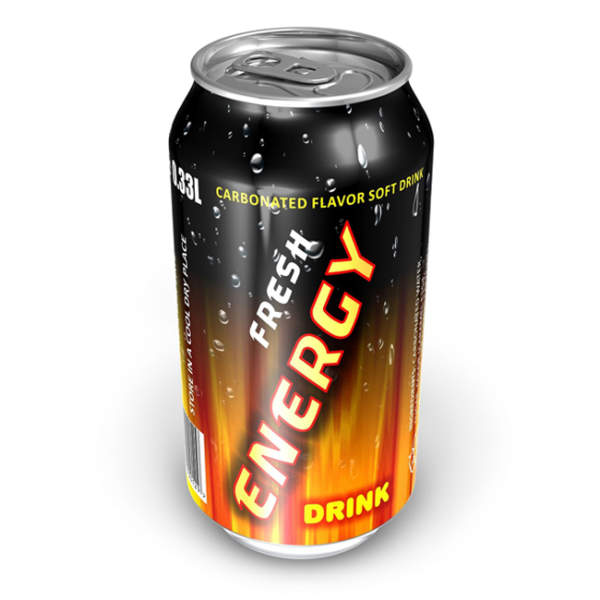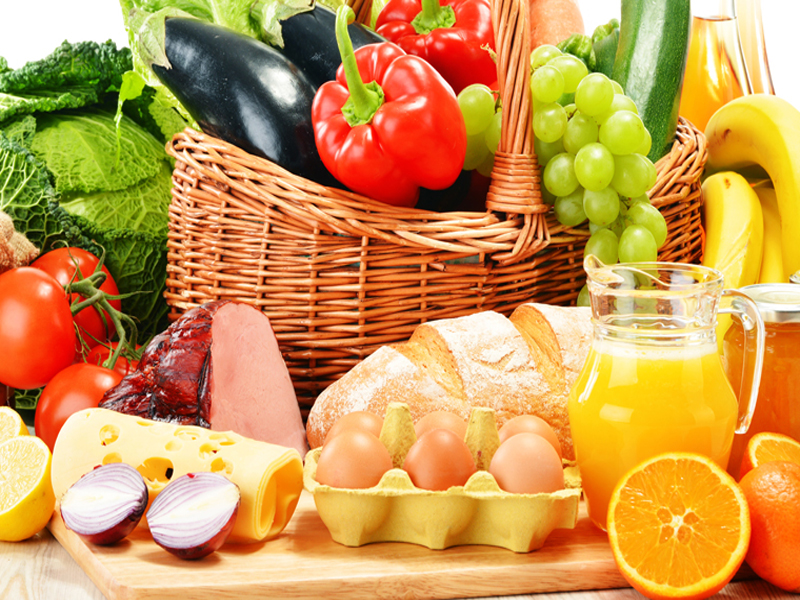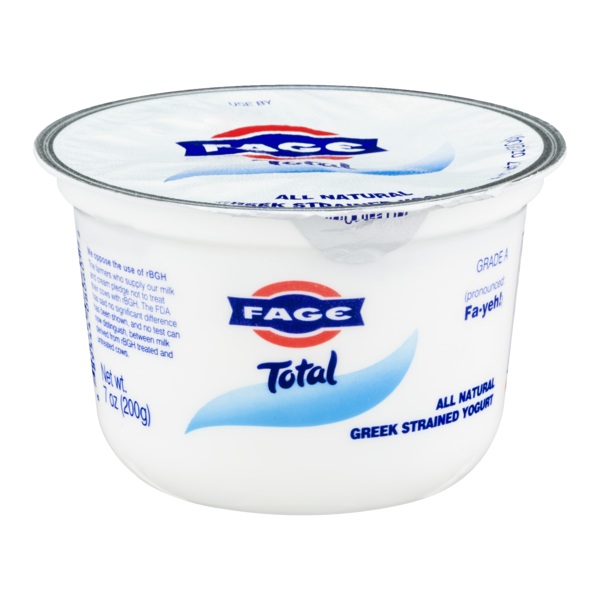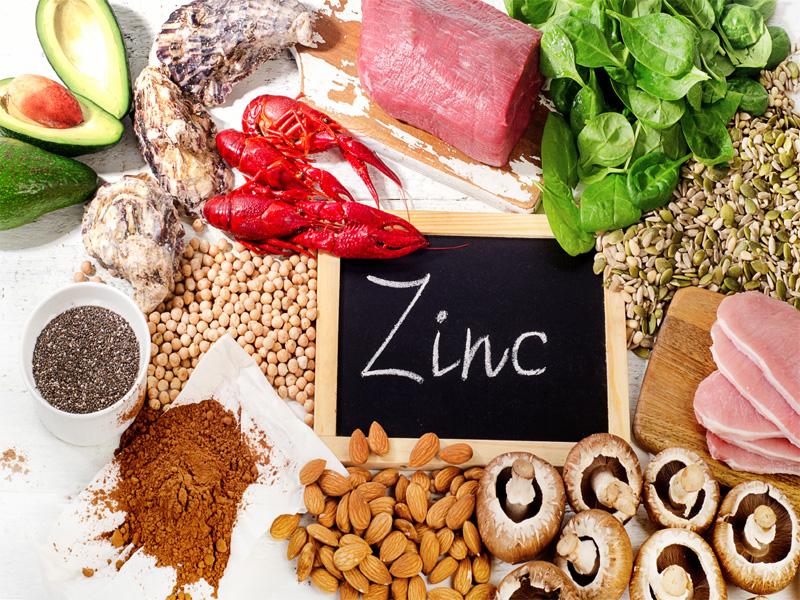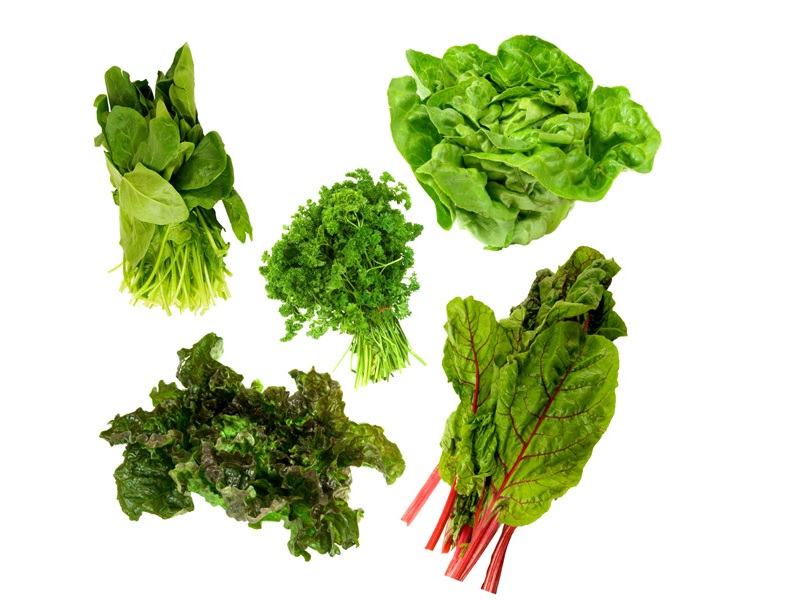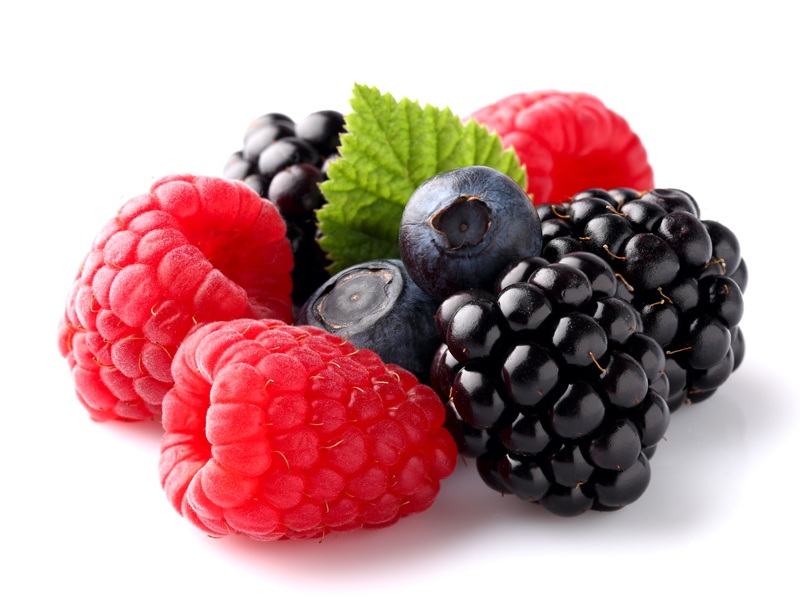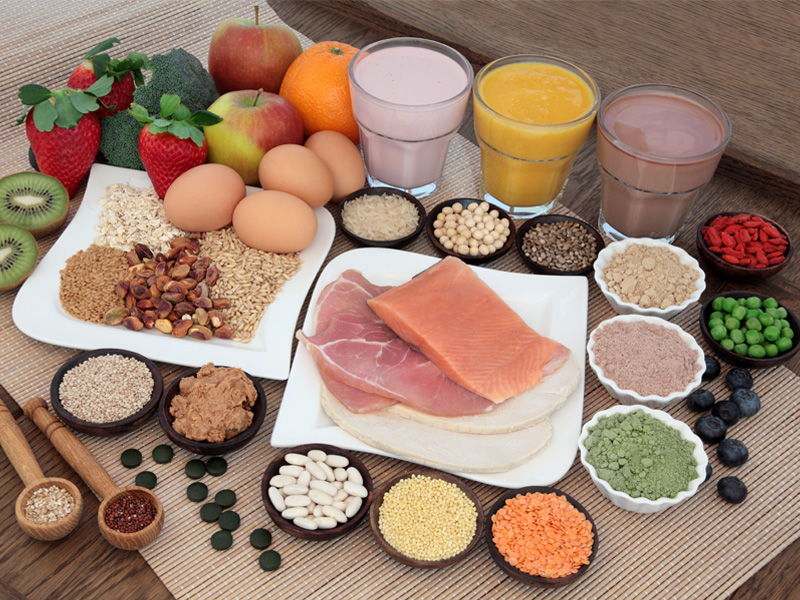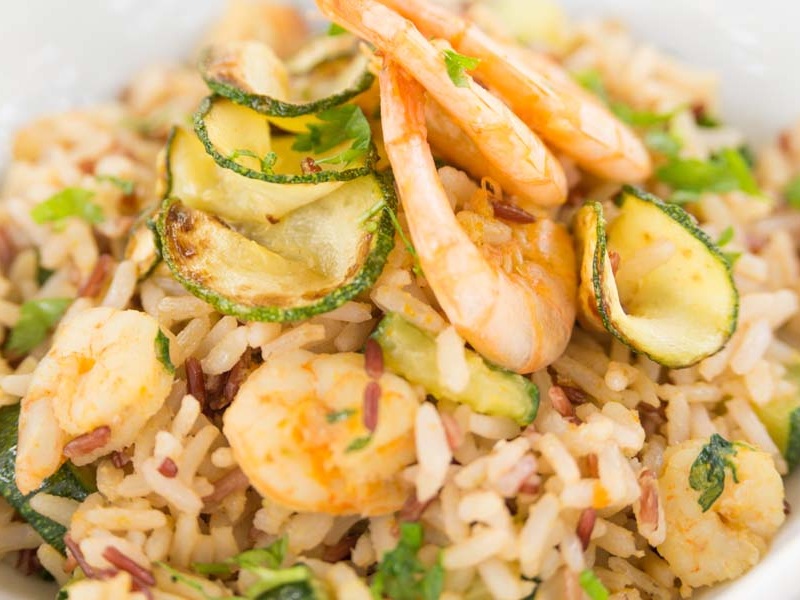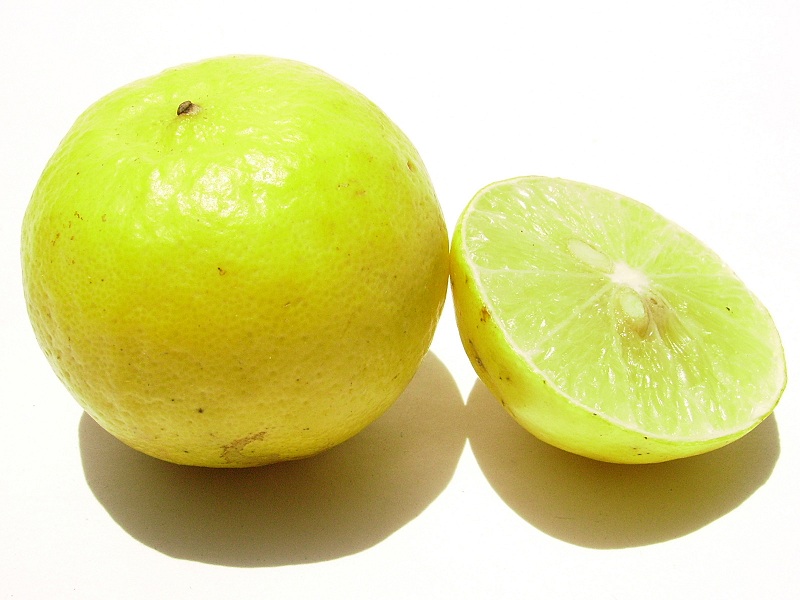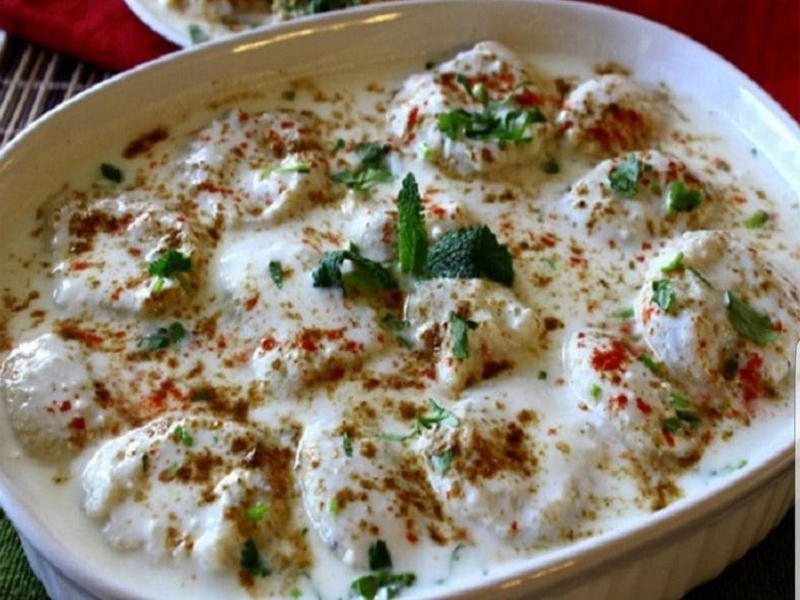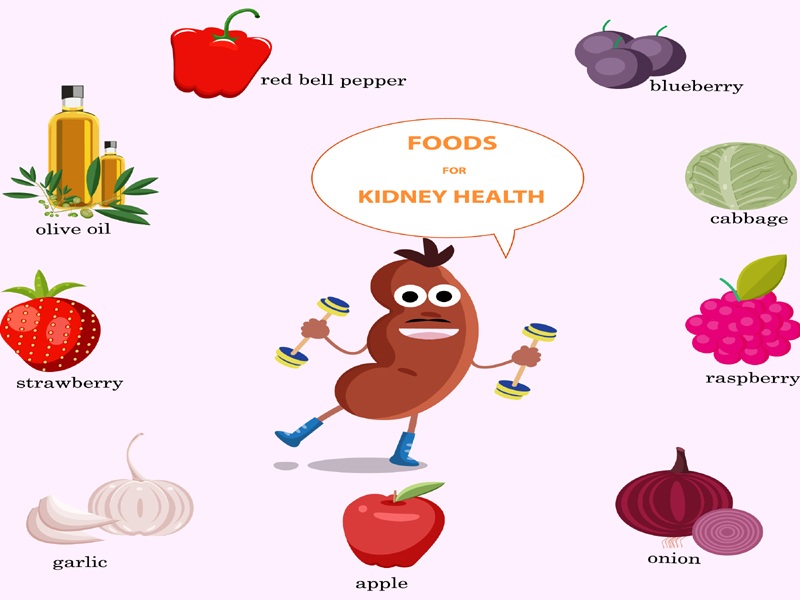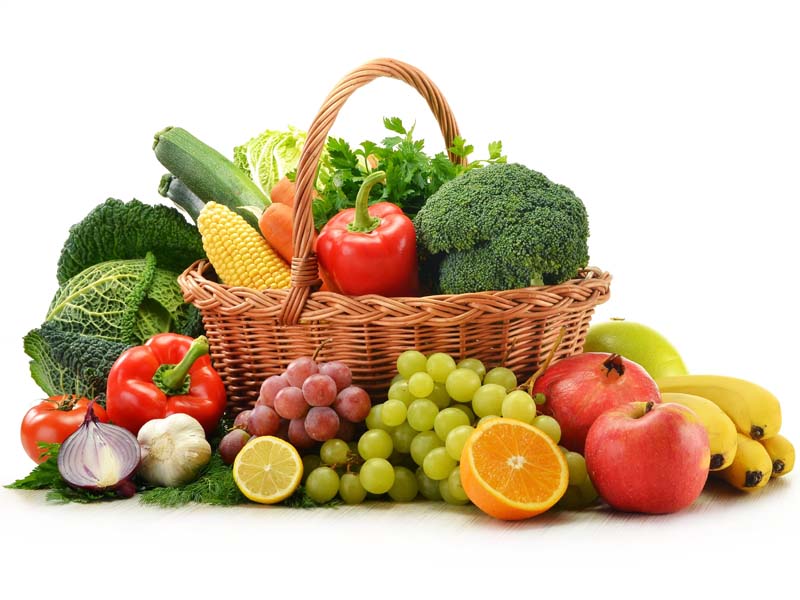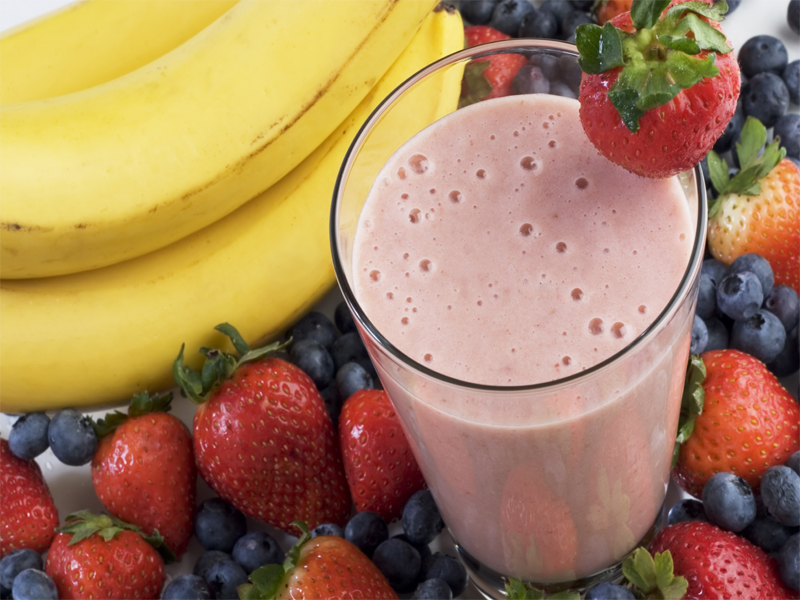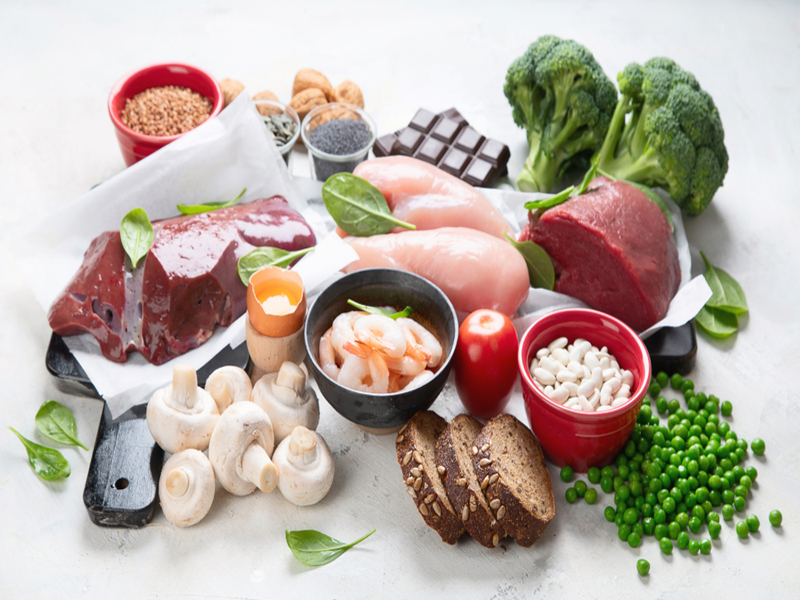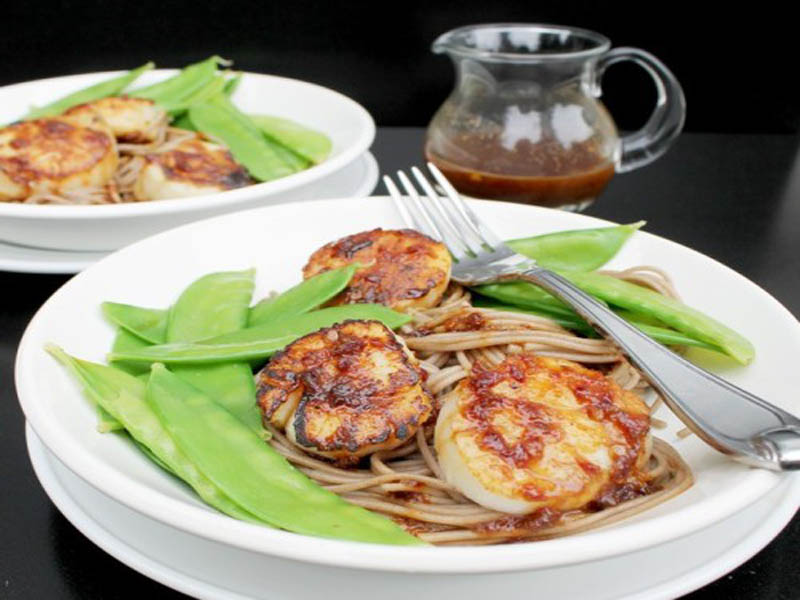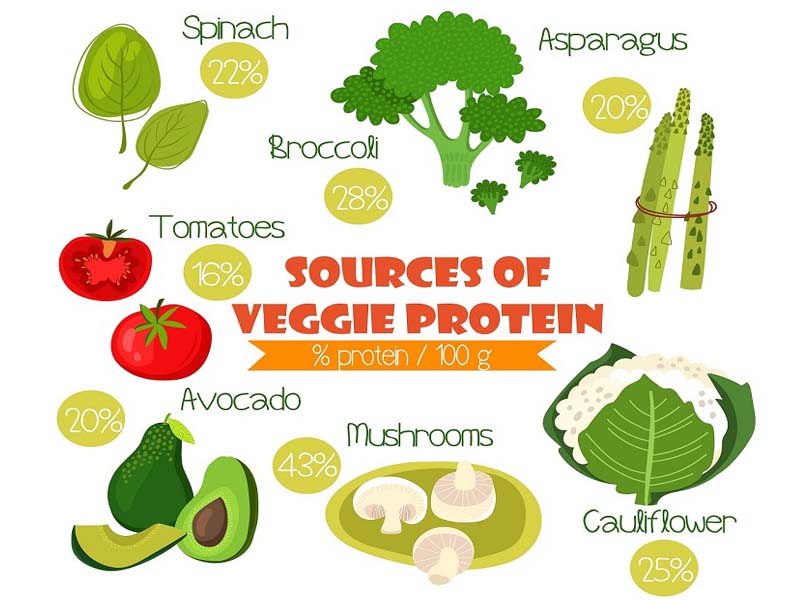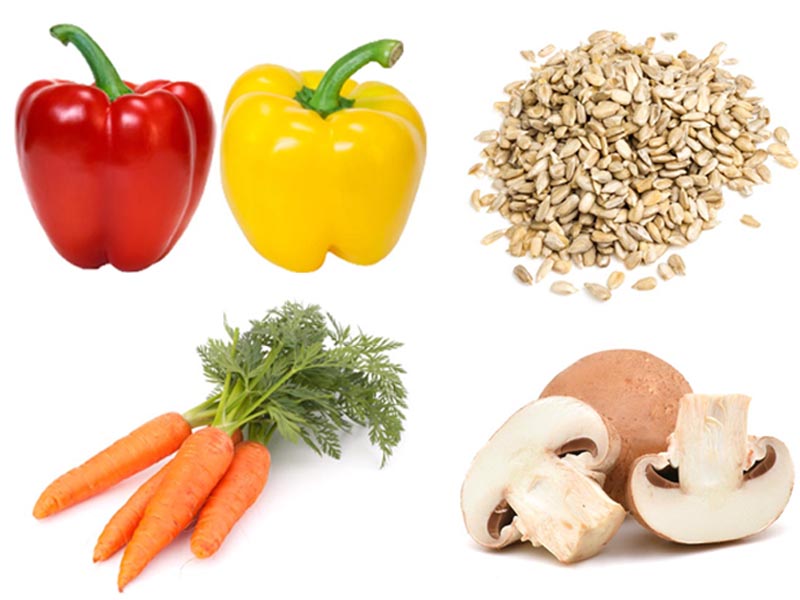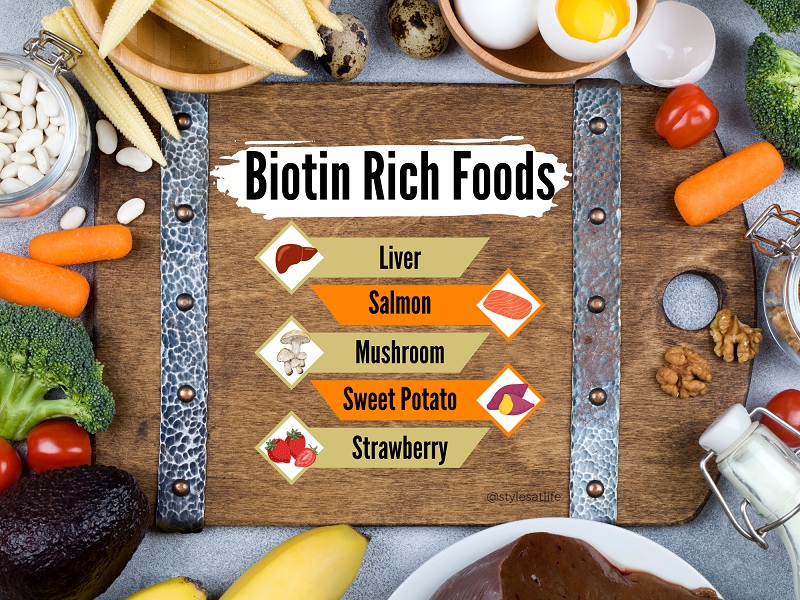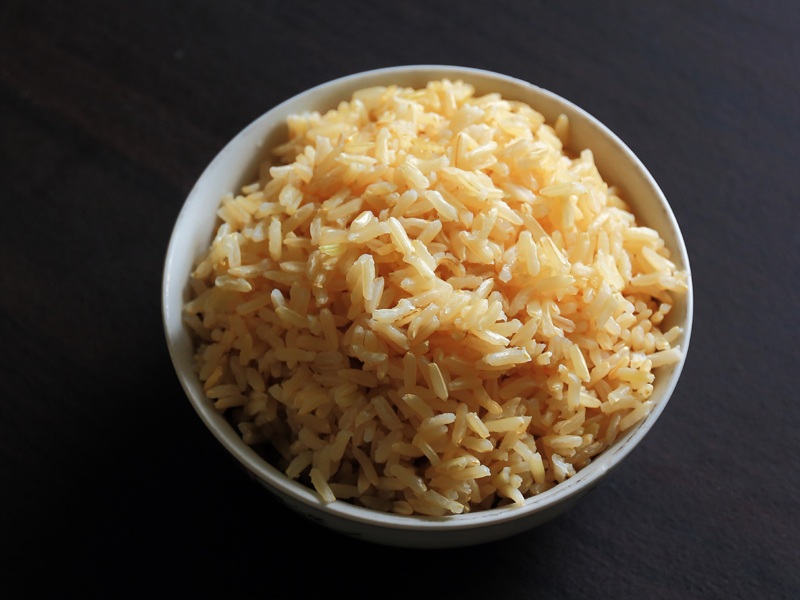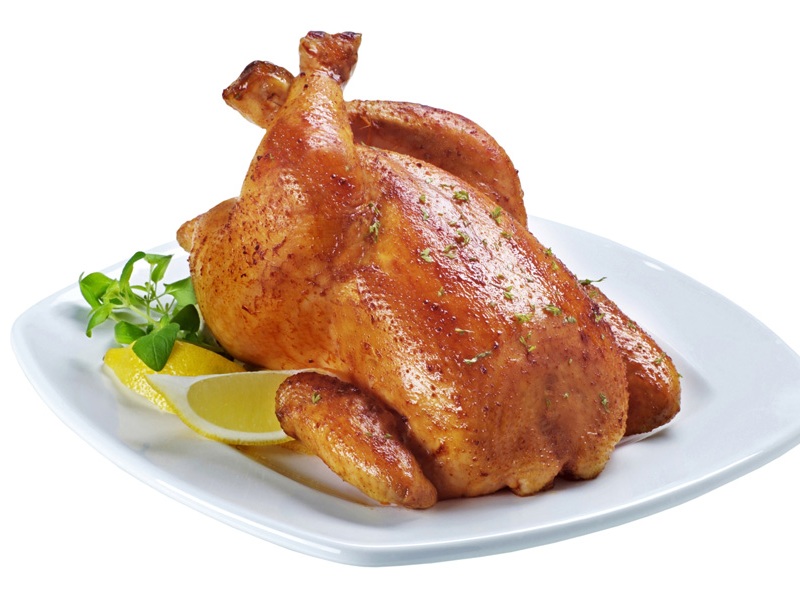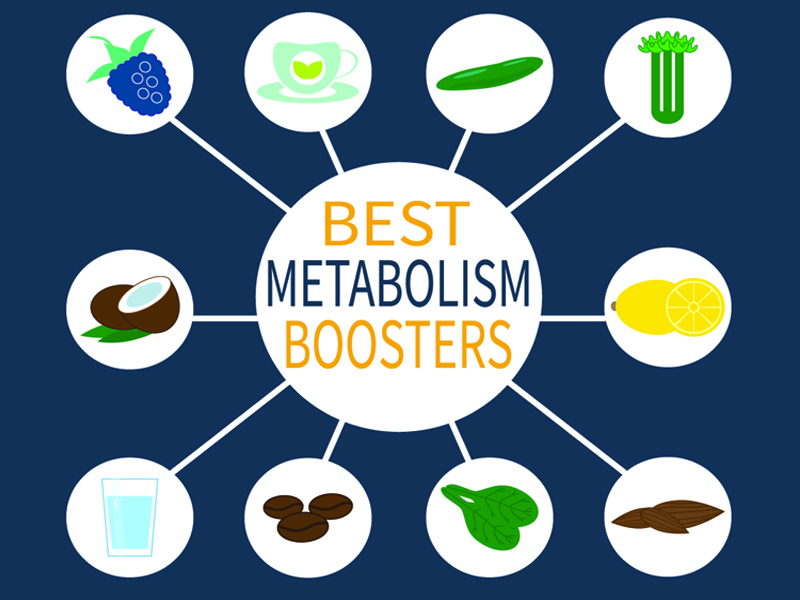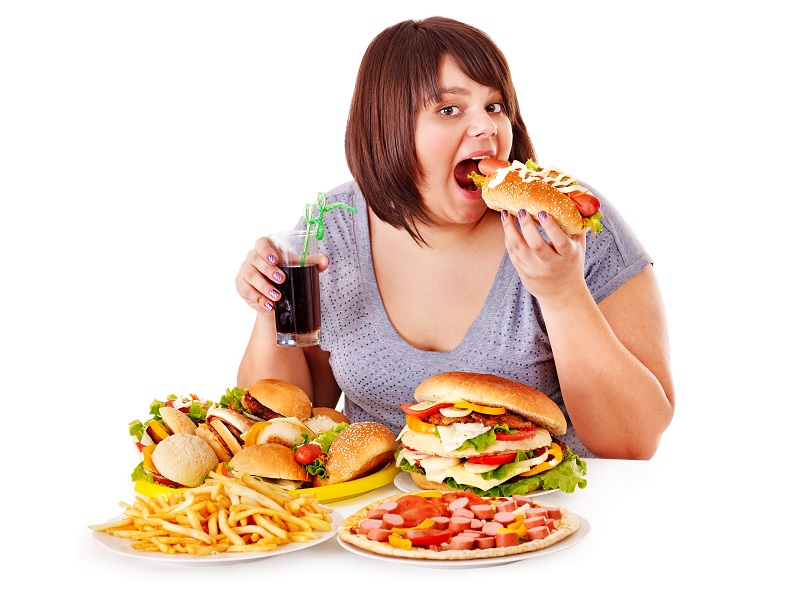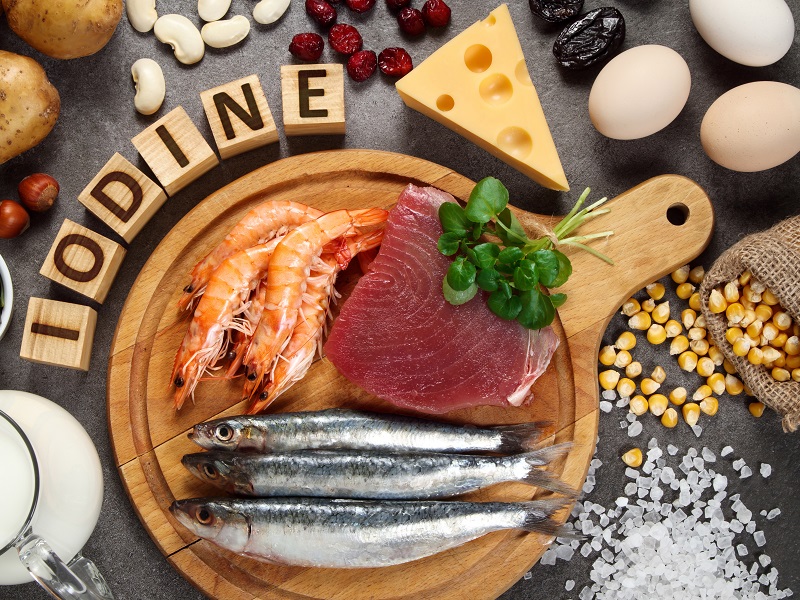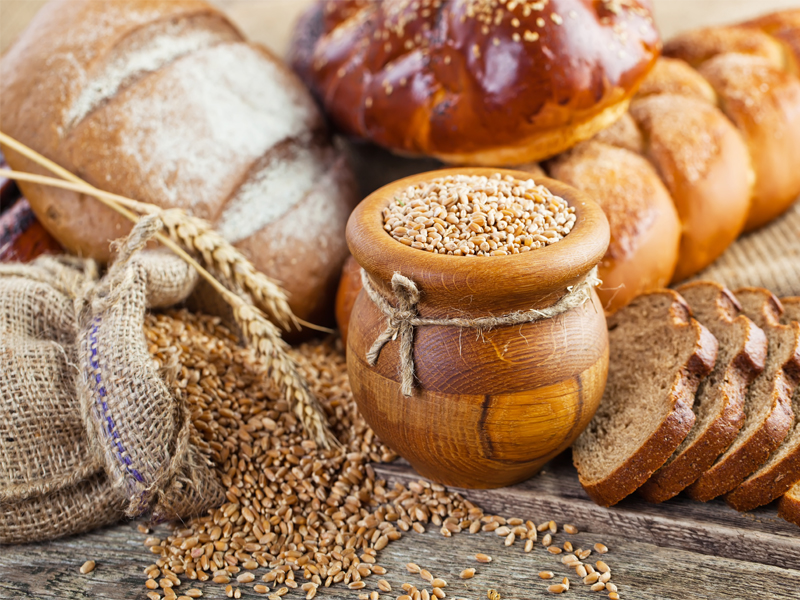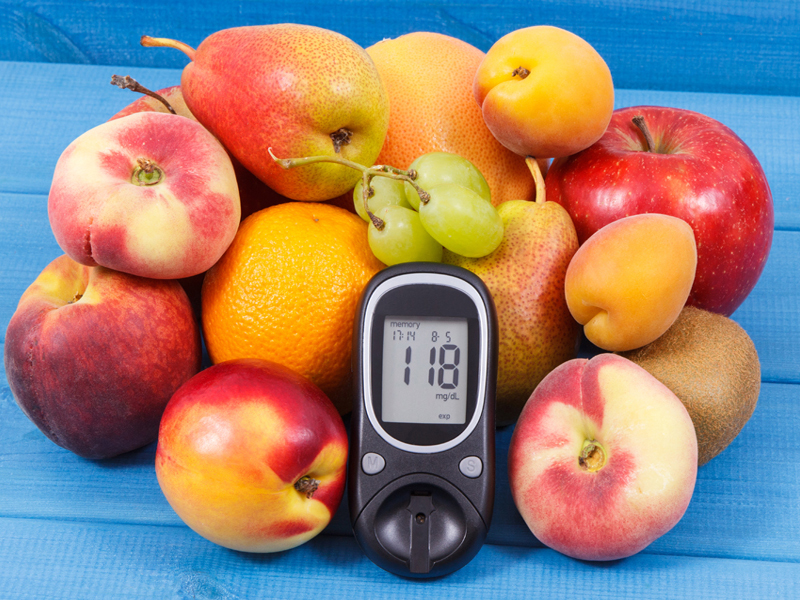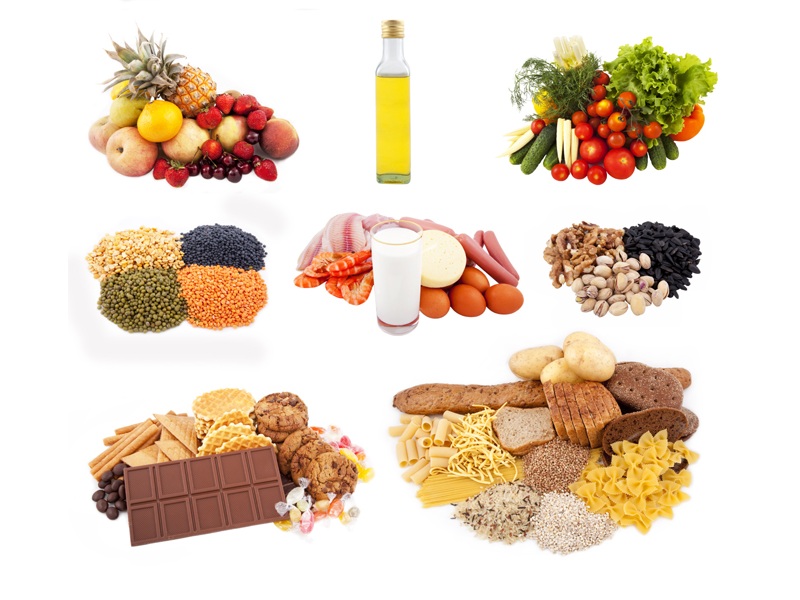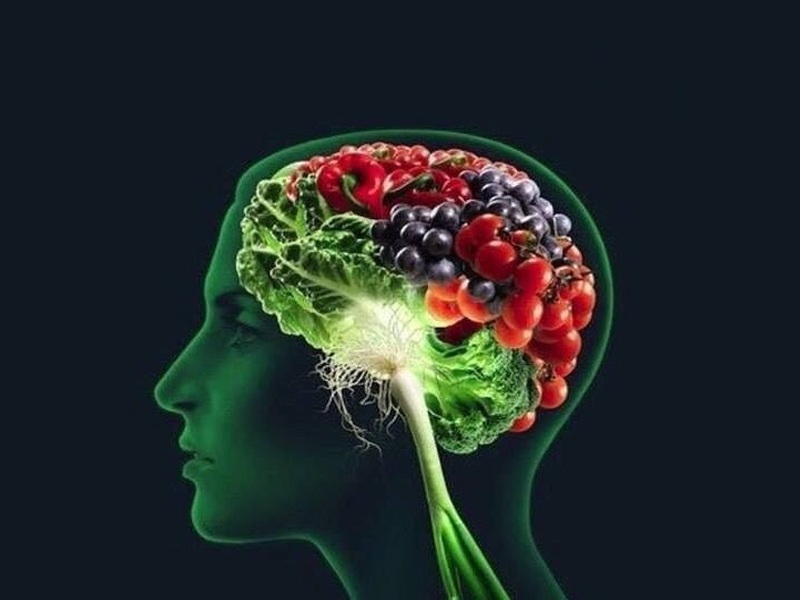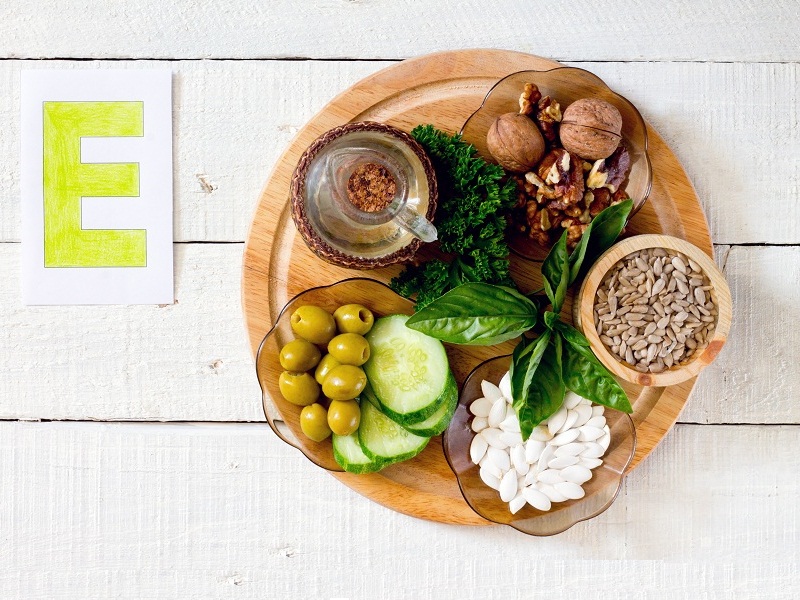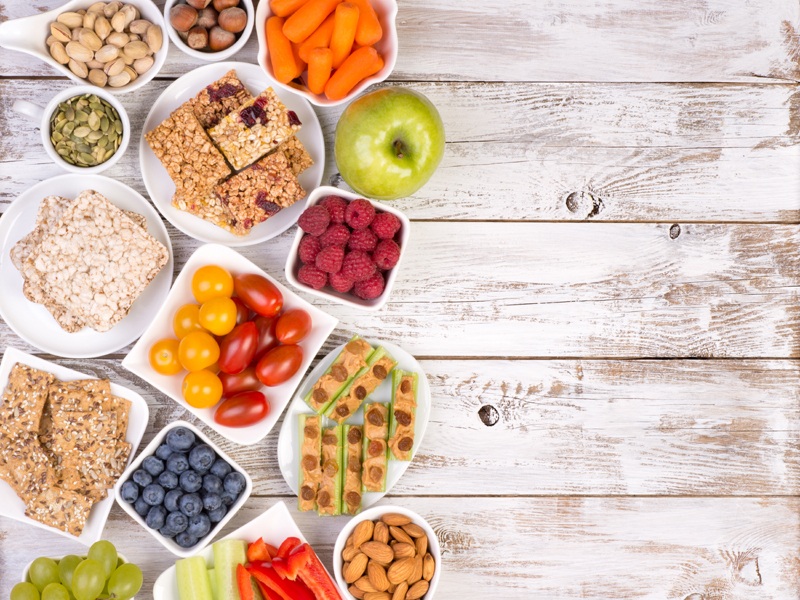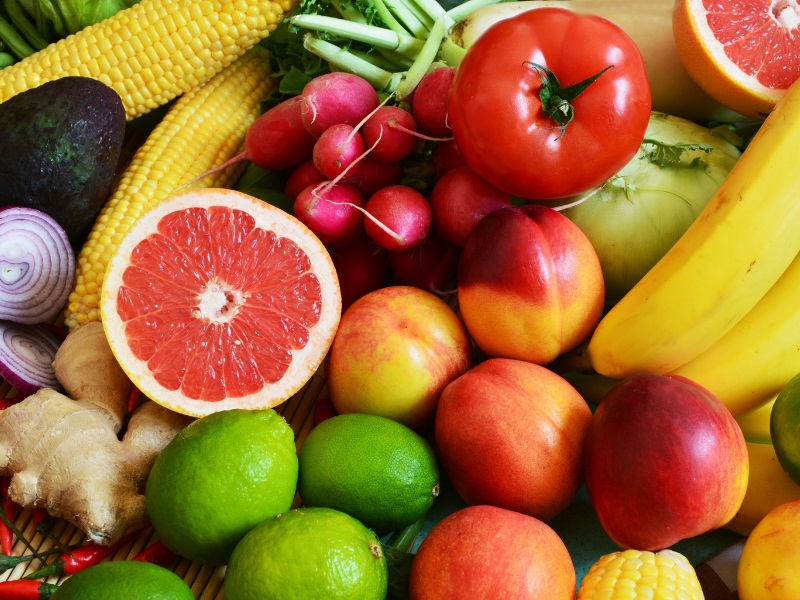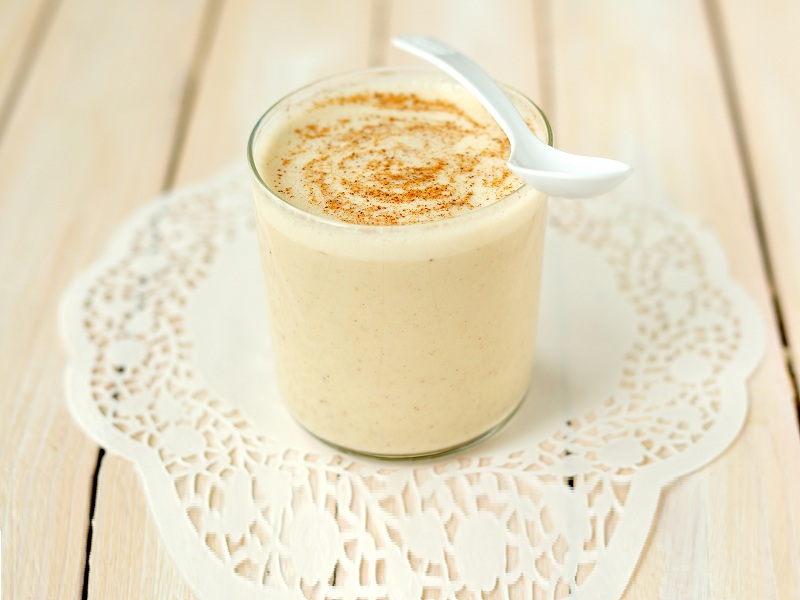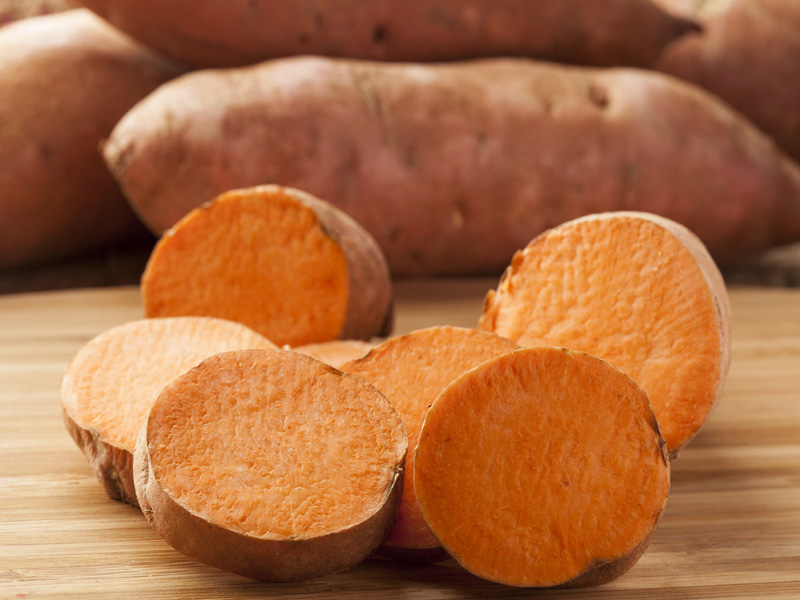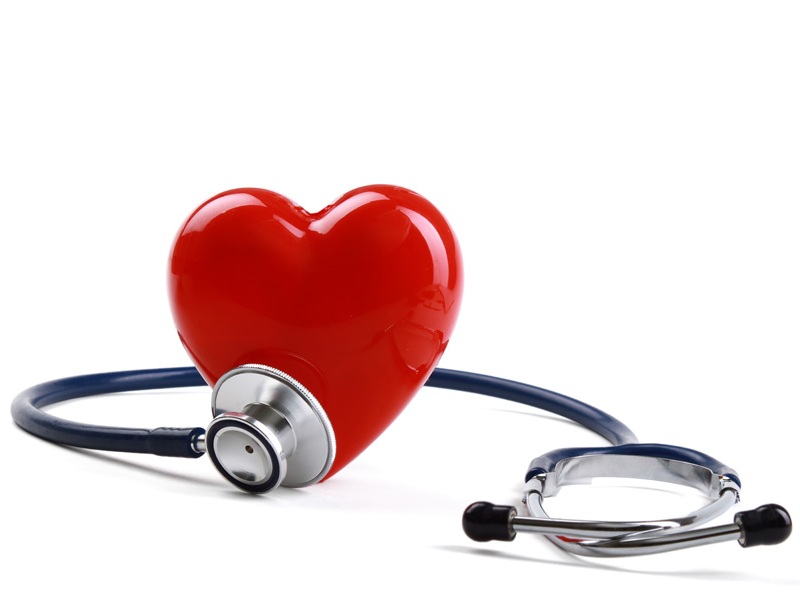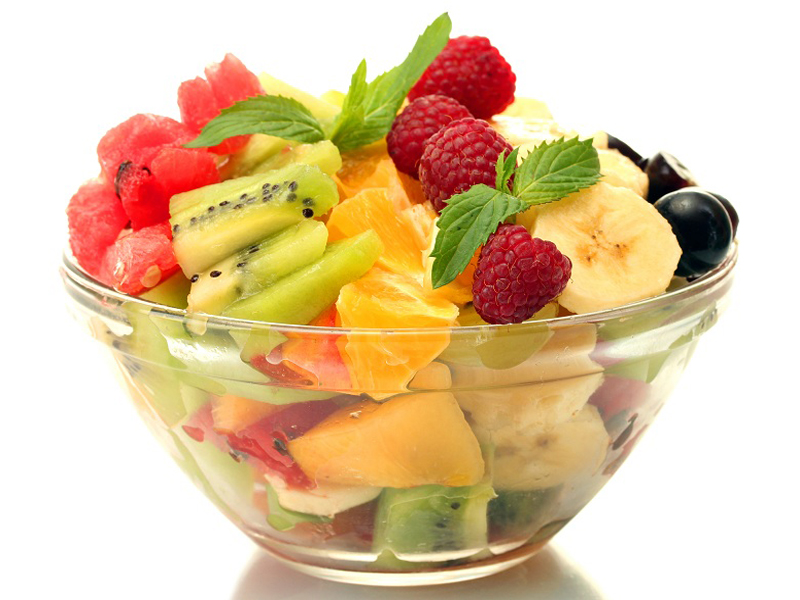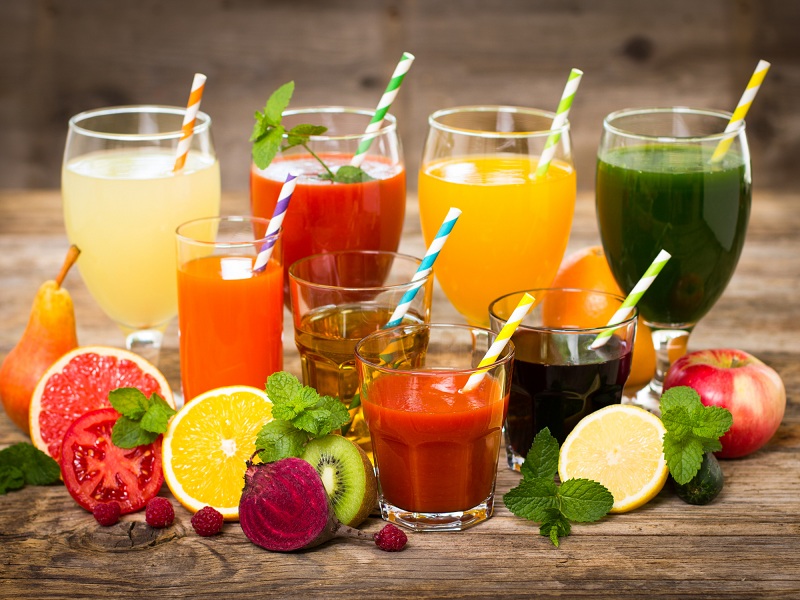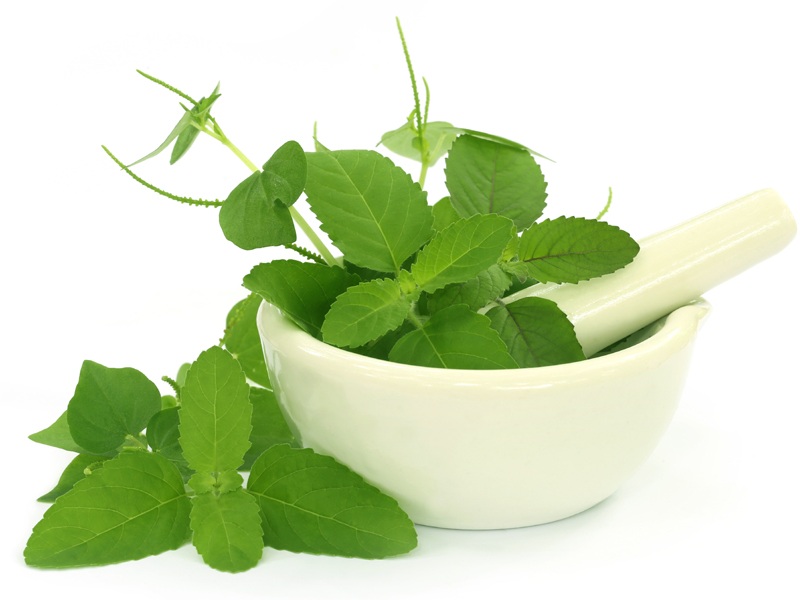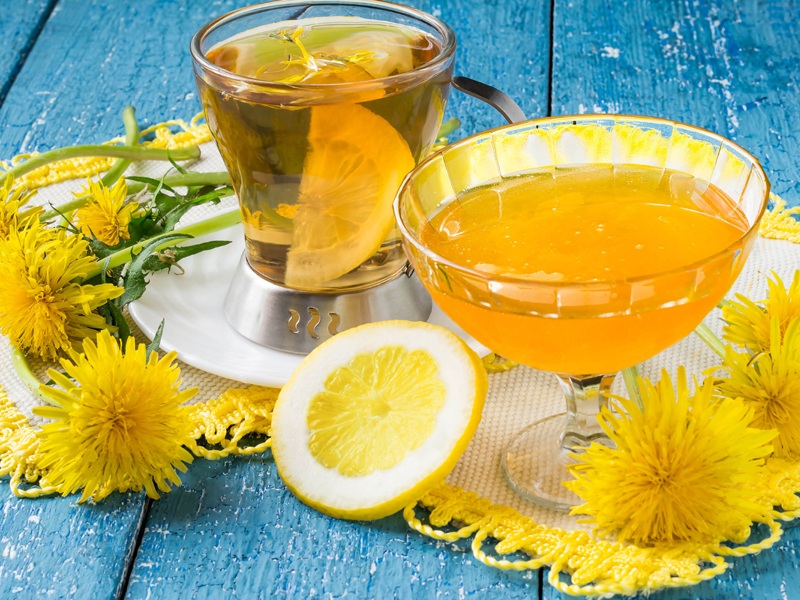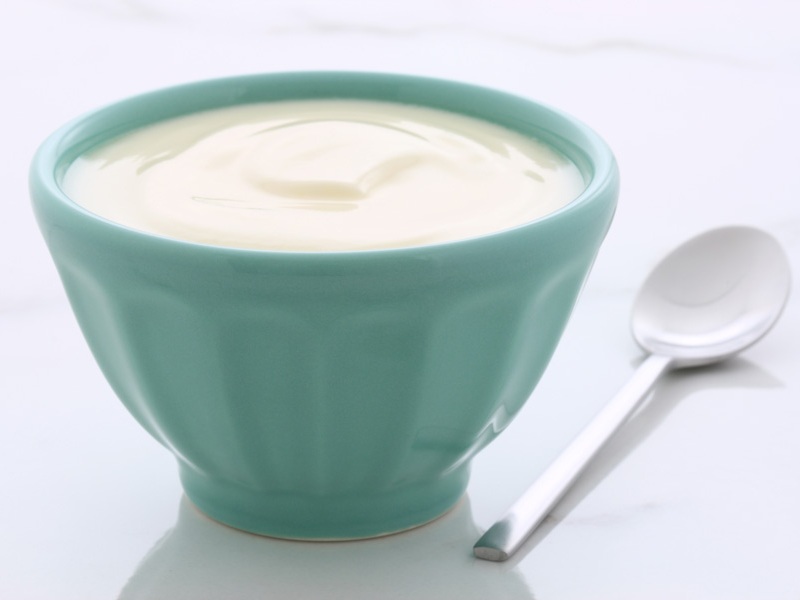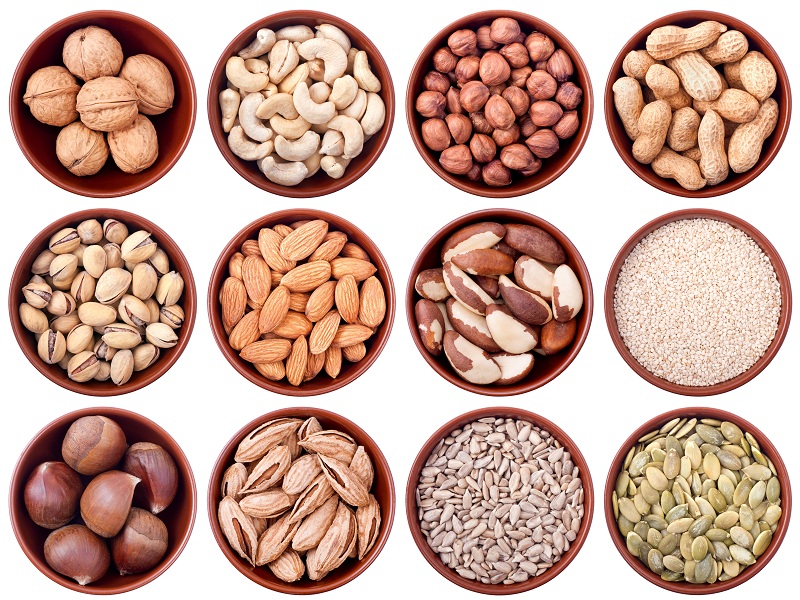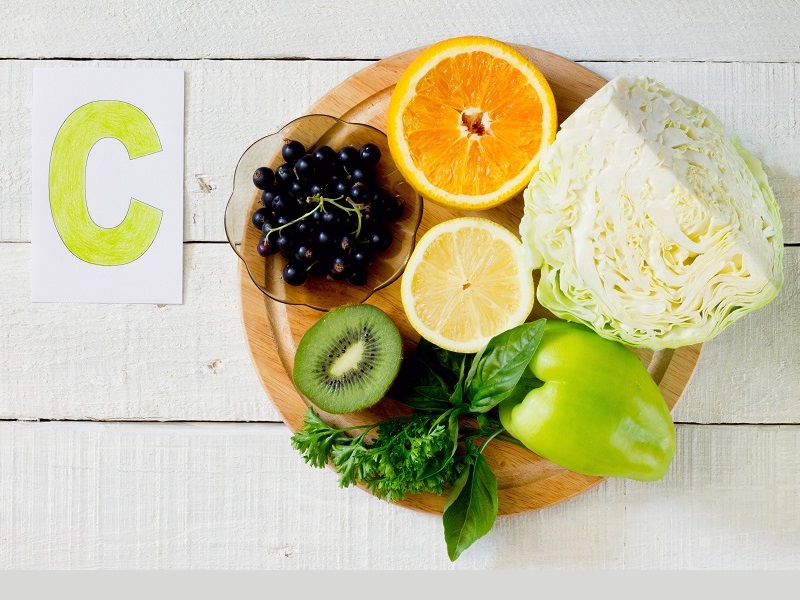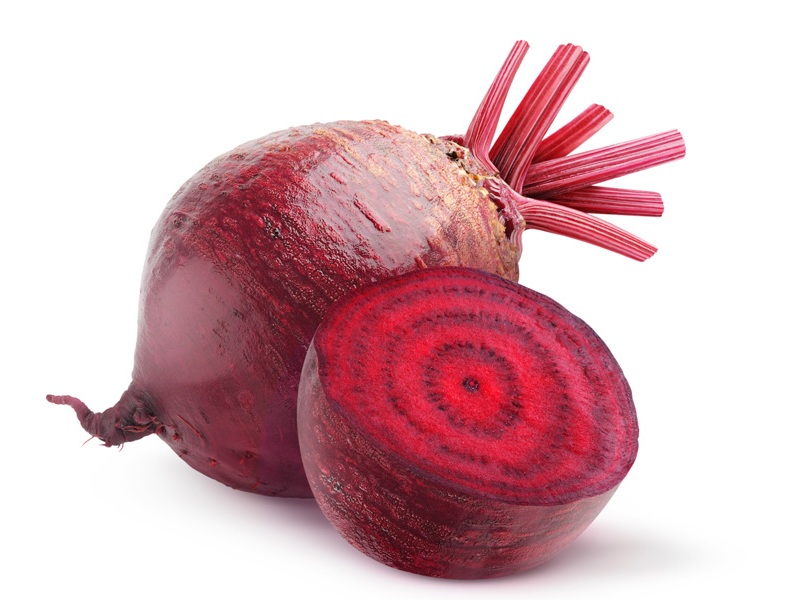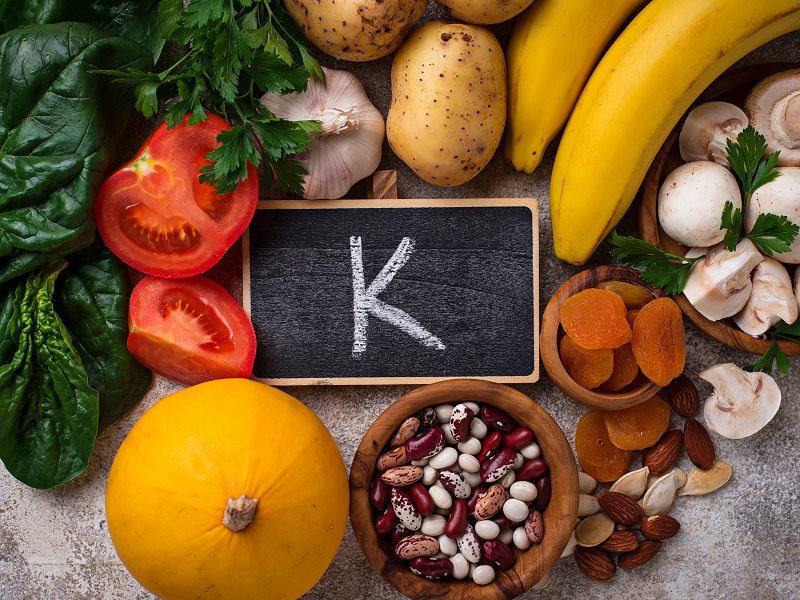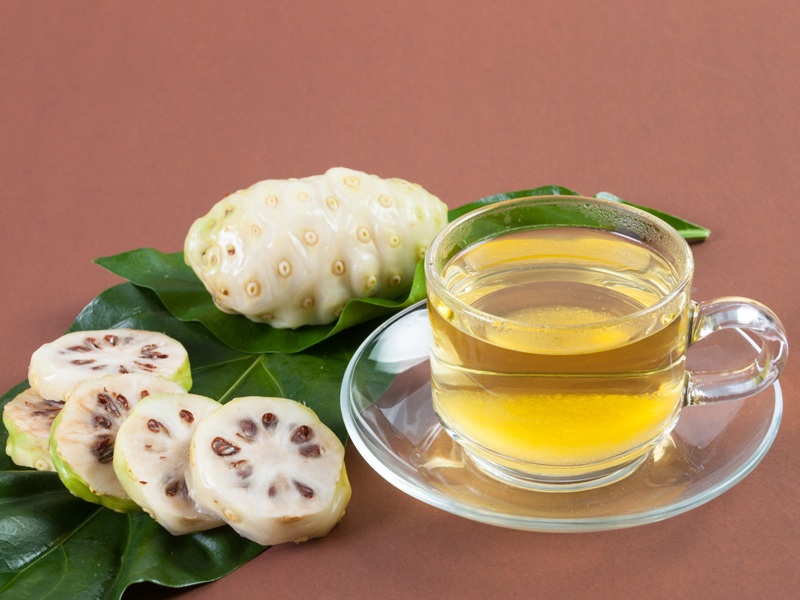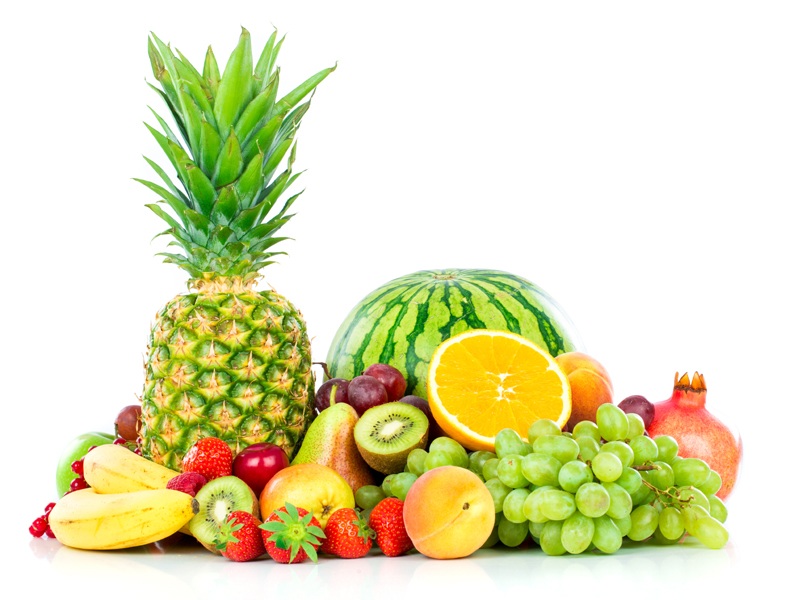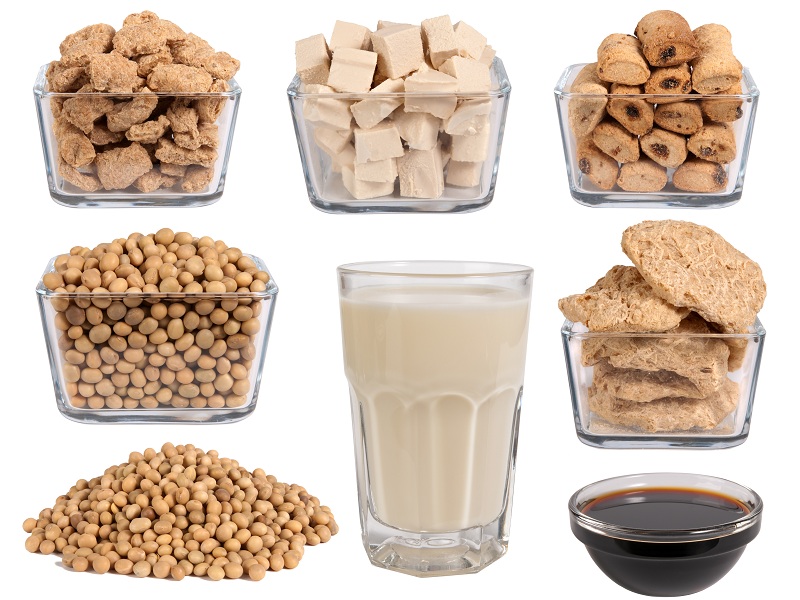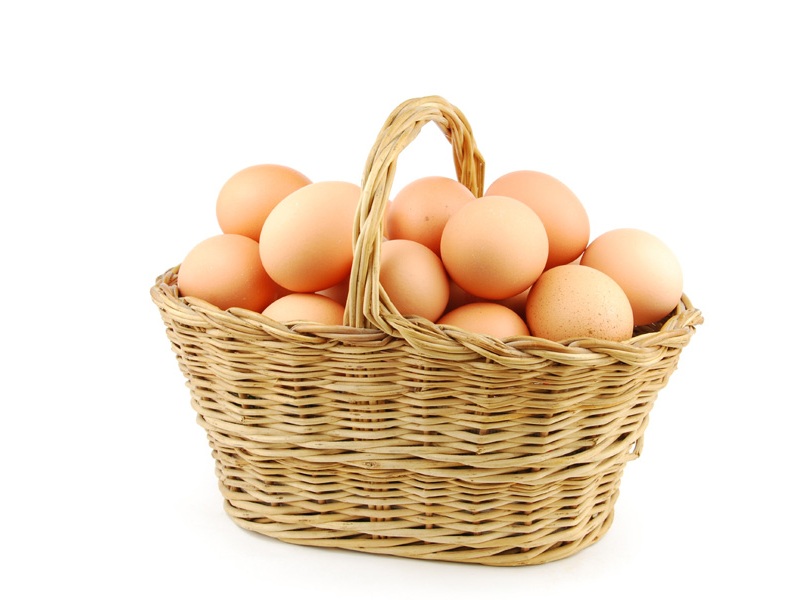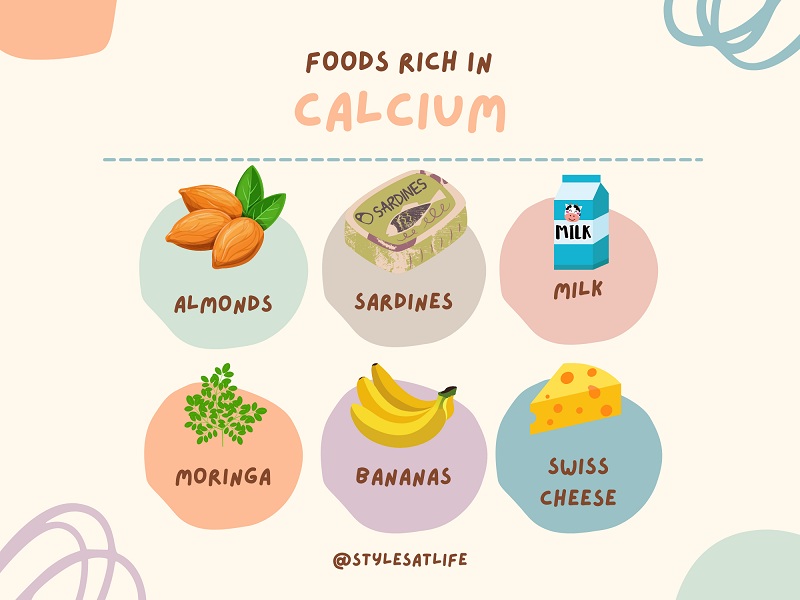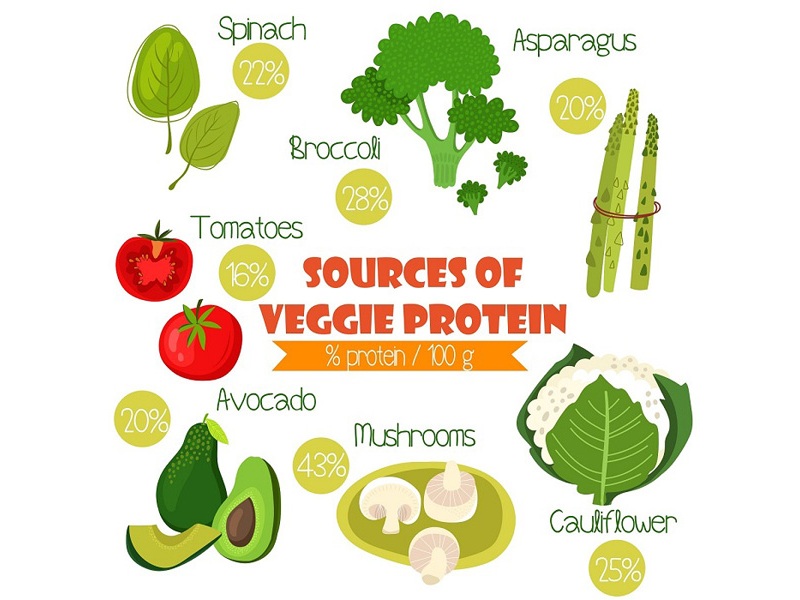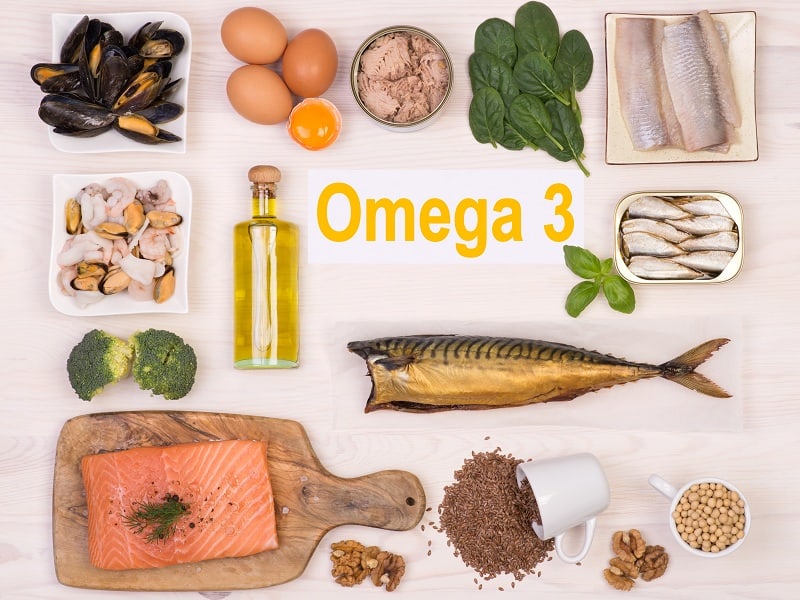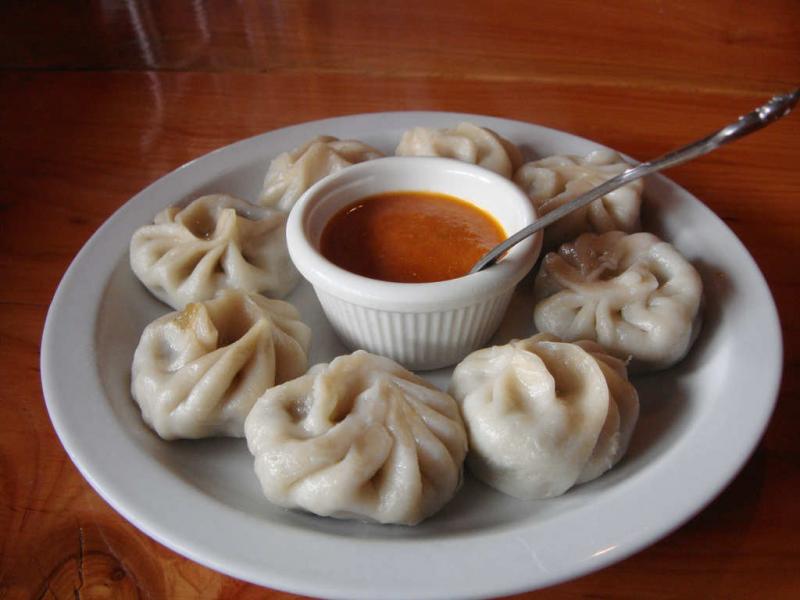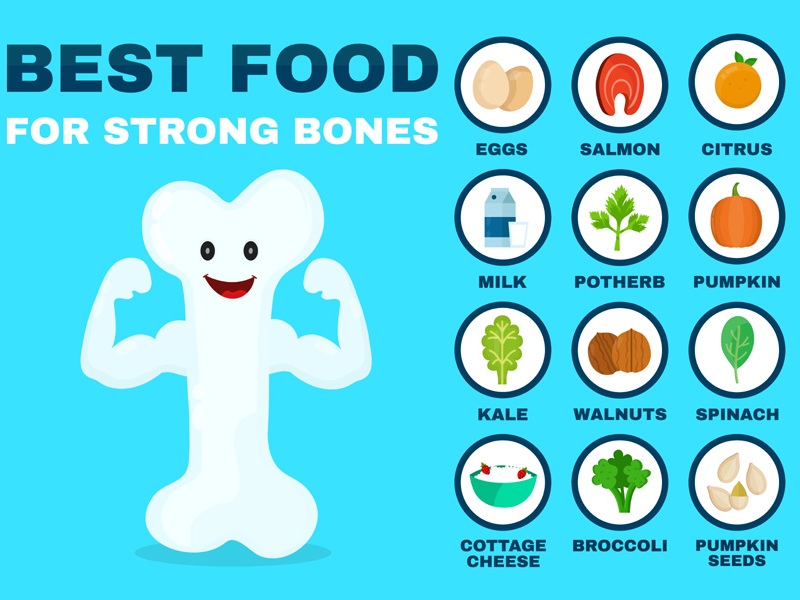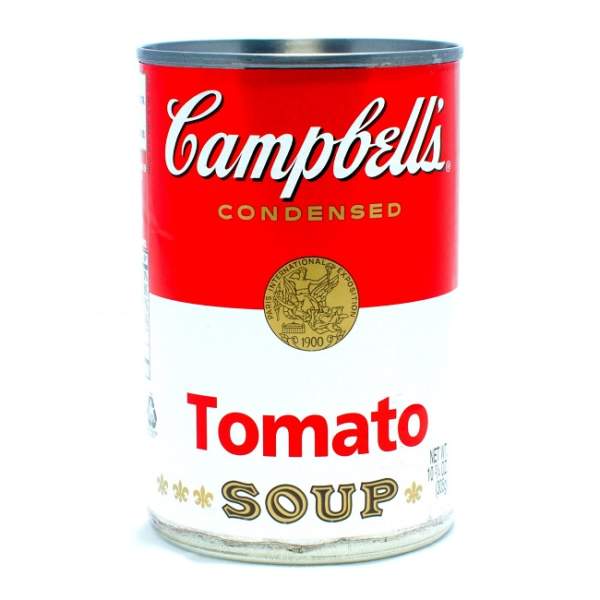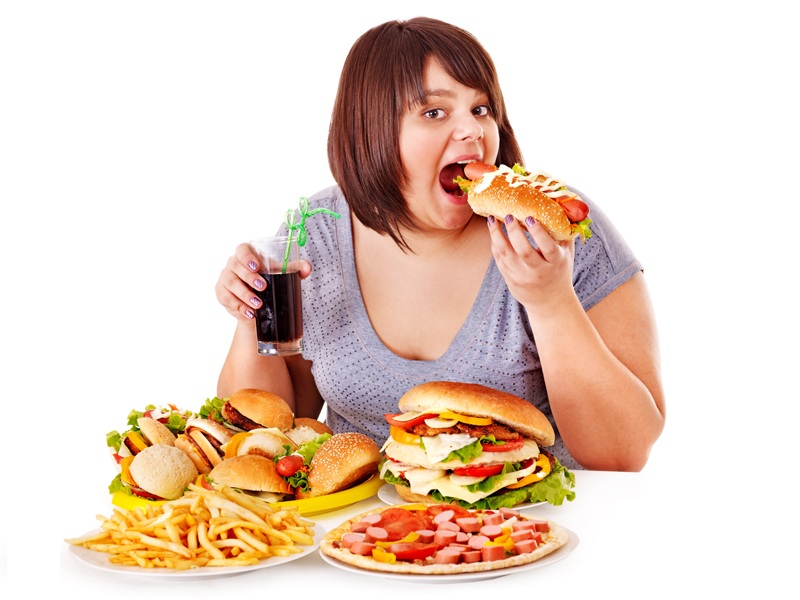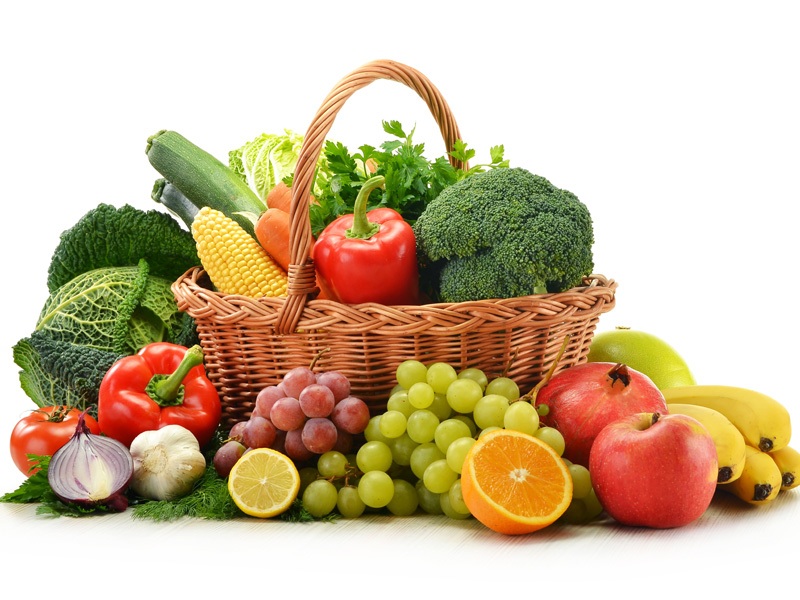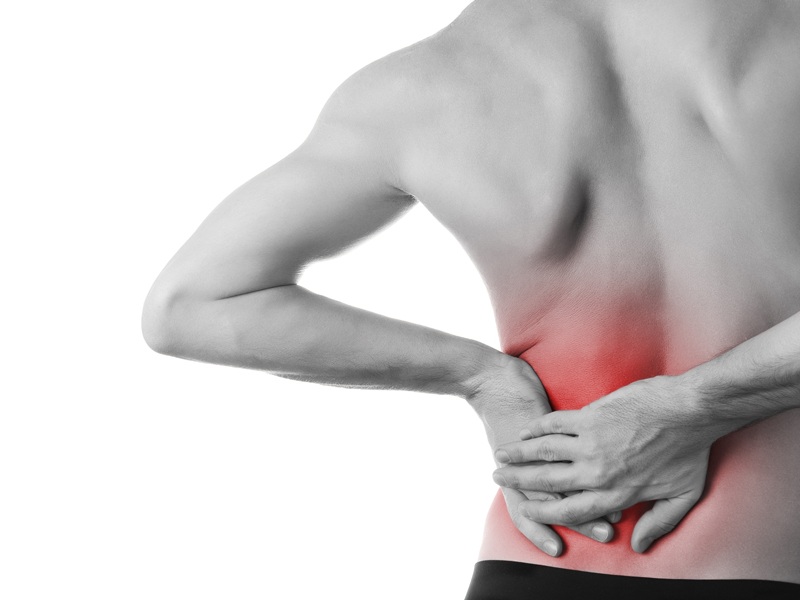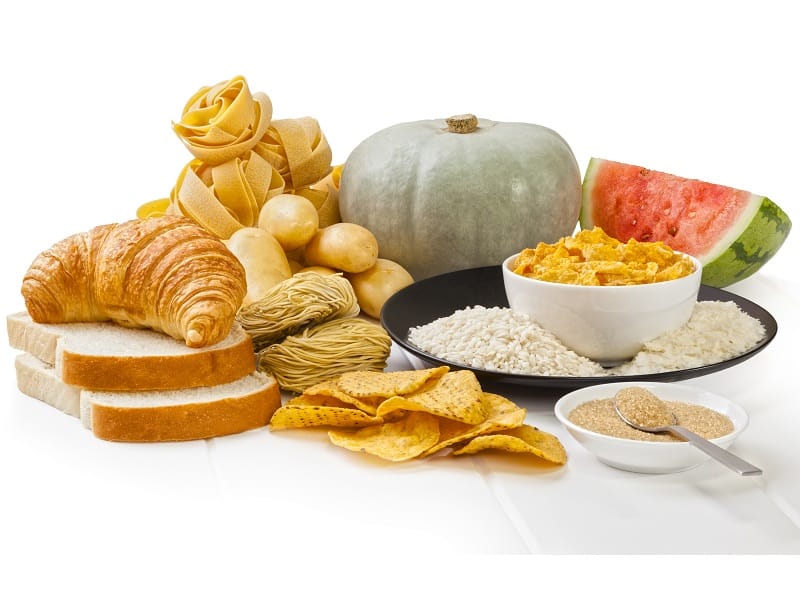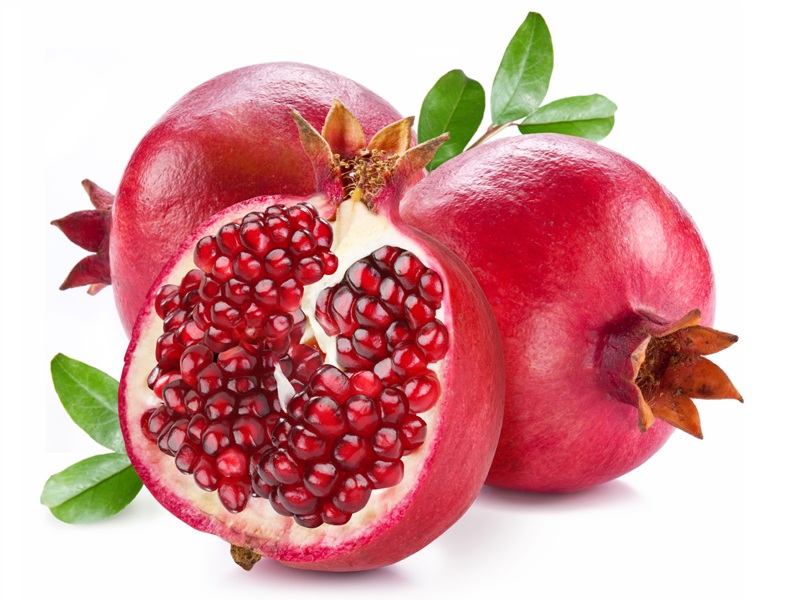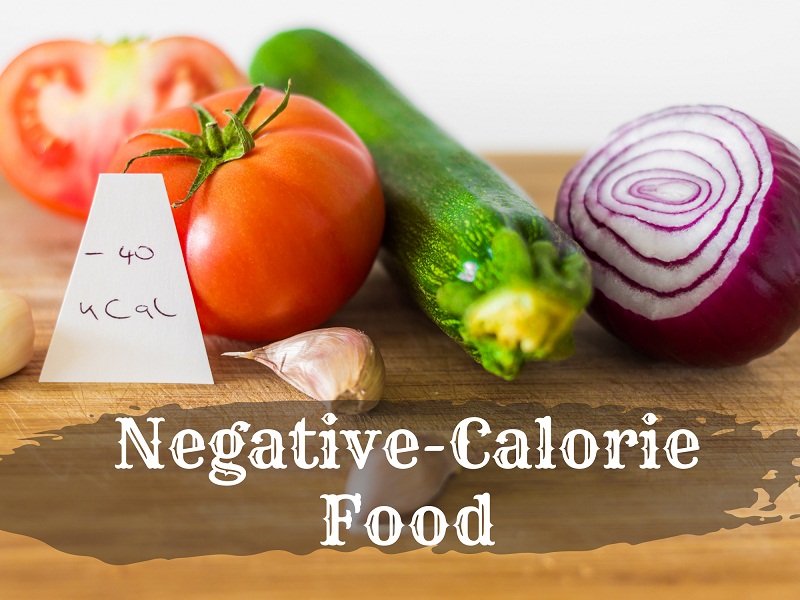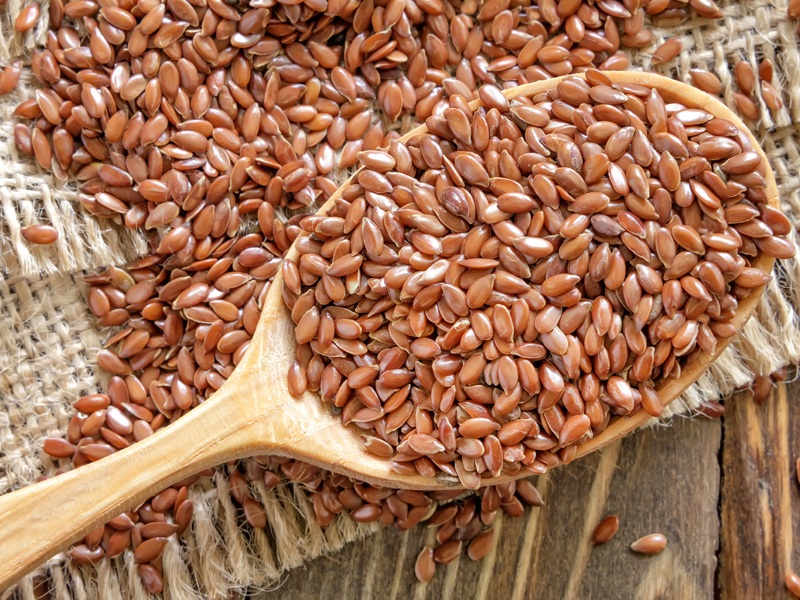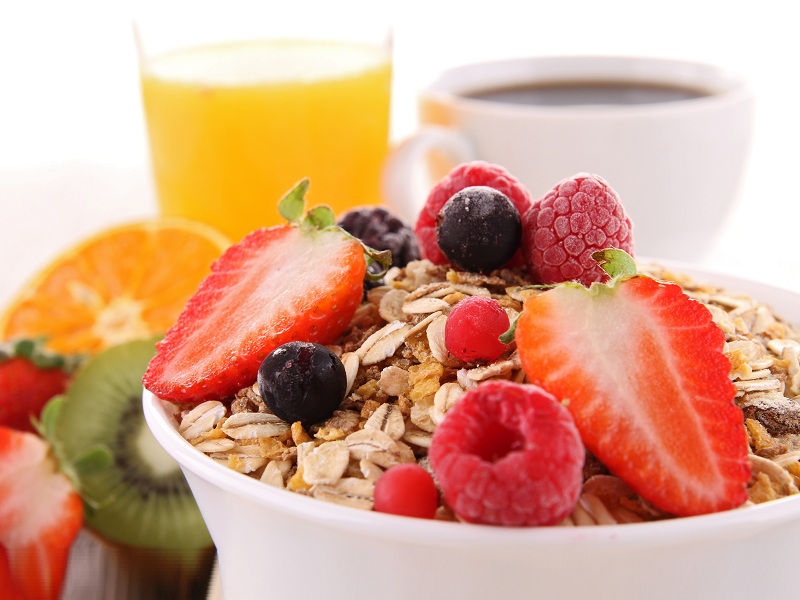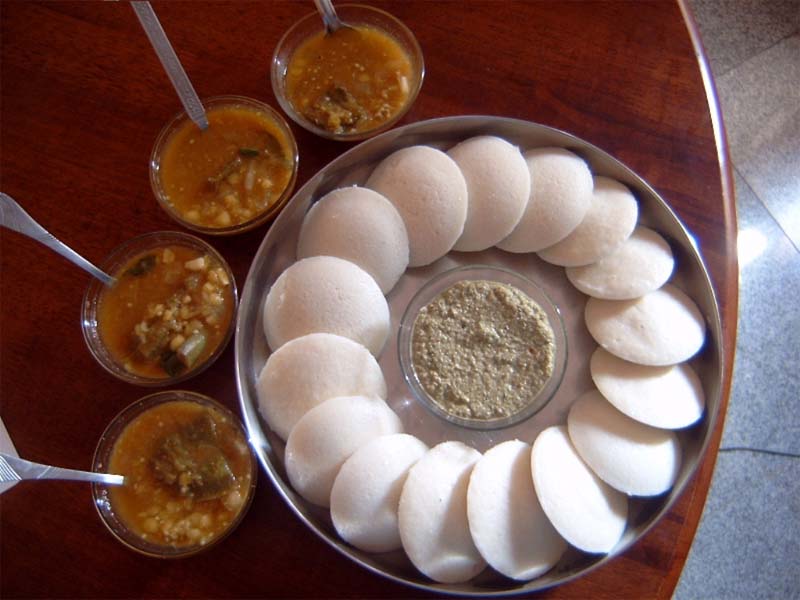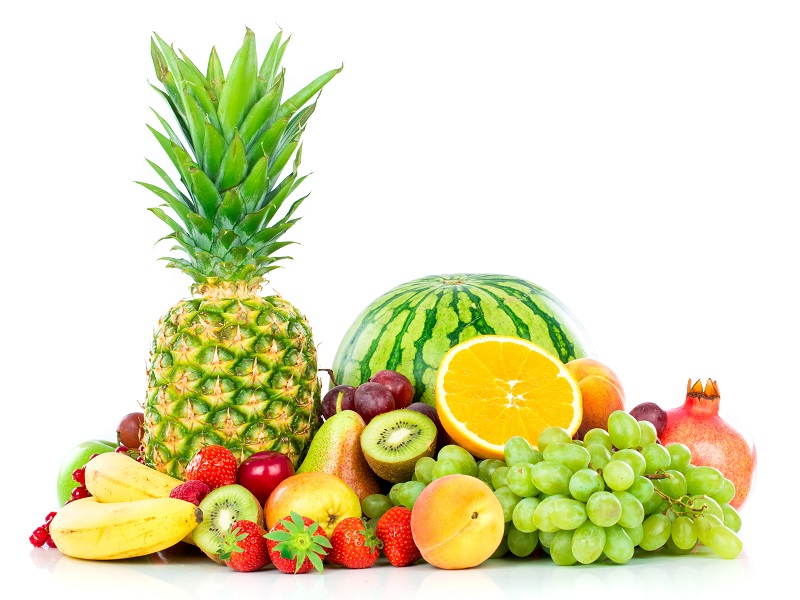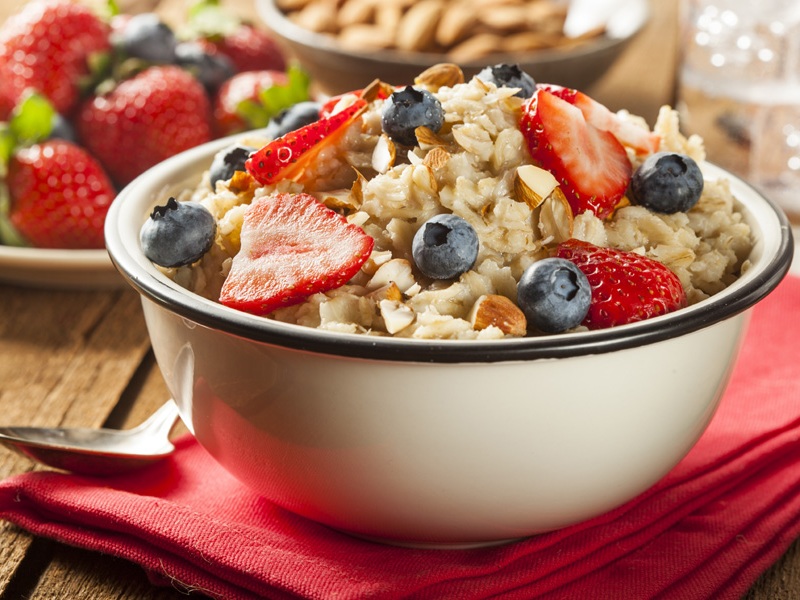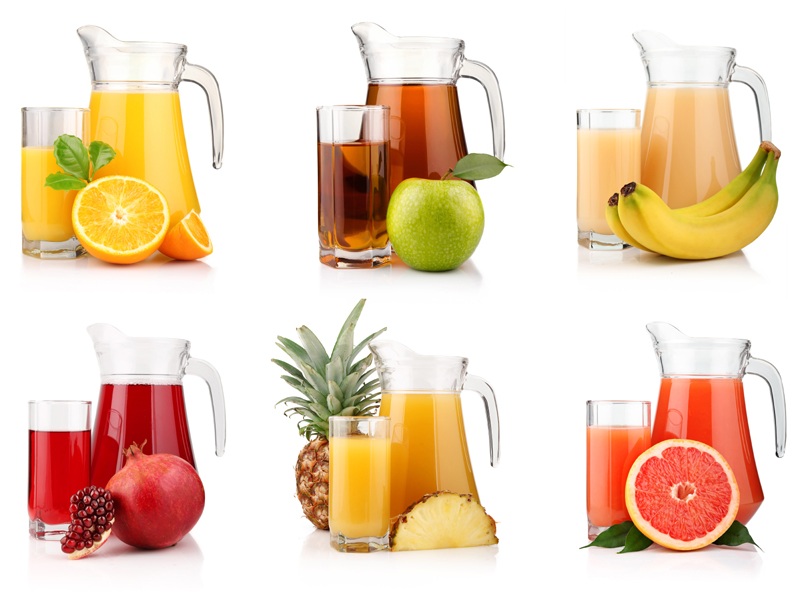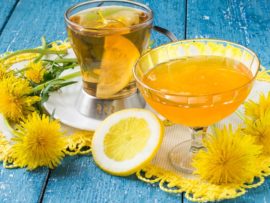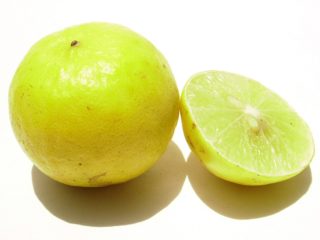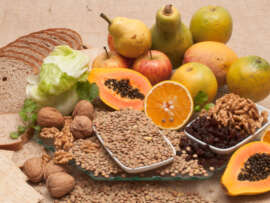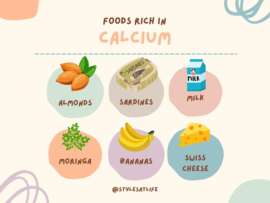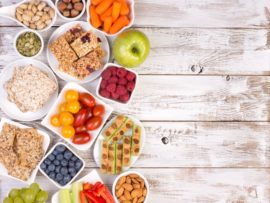Did you know that potassium is one of the essential electrolytes needed for the proper functioning of our body? The right amount of potassium helps care for our heart, fluid balance, kidney health, and the well-being of our nervous system. Potassium helps to maintain healthy body growth and manage the acid-base balance. Check out this article, to find out more about potassium-rich foods!
What Is Potassium?
Potassium is an important electrolyte that maintains the proper functioning of our body. It helps conduct electricity, allowing various other processes throughout our bodies. It looks after the proper contraction of muscles needed for our heartbeat, keeps our blood pressure under control, and prevents water retention, osteoporosis, and the formation of kidney stones.
What Is The Recommended Daily Allowance Of Potassium?
1. Adults:
- Adolescents and Adults: 4,700 mg/day.
2. Children’s:
- Children between the ages 1 to 3 years: 3,000 mg per day.
- Children between 4 to 8 years of age: 3,800 mg per day.
- Children between 9 to 13 years of age: 4,500 mg per day.
3. Infants:
- Infants between 0-6 months: 0.4 grams per day.
- Infants between 7-12 months: 0.7 grams per day.
Safe Levels Of Potassium In The Blood:
- 3.6 – 5.2 would be SAFE.
- More than 6.0 would be DANGER.
Top Potassium-Rich Foods List In India:
Potassium-rich foods are very useful for our health. Here is a list of the top 35 high potassium-rich foods. Let’s have a look at them.
1. Meat:
Meats are the highest source of protein and sources of potassium. Red meat, including lean beef, turkey, and chicken, also provide potassium. Add meat to your daily diet to prevent or replenish potassium deficiency. Meats can consist of beef, pork, bacon, etc. All these have potassium in them.
Some beef such as lean chuck, pot roast, lean round bottom, lean round eye, small rib eye can provide 2,000mg of potassium. Pork options can provide about 1,764mg of potassium. Lean bone-in sirloin, lean whole ham, and lean tenderloin are also good sources of potassium.
Potassium Content:
- Roasted turkey (3 ounces) dark meat would contain (250mg).
2. Seafood:
Potassium-rich foods include fishes like Tuna, Halibut, Cod, Trout, and Rockfish. Salmon is a high potassium-rich food, and salmon grouper contains the highest amount of potassium among all seafood. Salmon is the best for heart health and many other cardiovascular diseases.
Other seafood like Cod, fried Haddock, Sardines, and Flounder also contain potassium in them. Wild Atlantic Salmon, Atlantic Cod, Pacific Halibut, and Jack Mackerel contain a small amount of potassium. Clams also have potassium, iron, and vitamin B12. Some of the samples in seafood would be,
Potassium Content:
- Halibut, baked: 75 g (2½ oz) 396 mg.
- Salmon, spring, baked: 75 g (2½ oz) 379 mg.
- Trout, baked: 75 g (2½ oz) 347 mg.
3. Dairy Products:
It is known that vegetables and fruits are among the best food sources of potassium, but dairy products are not far behind in the potassium-rich foods list. They can also provide you with a sufficient quantity of potassium in your diet.
Whole milk (one cup) has more than 300 mg of potassium; the same amount of nonfat milk has almost (400 mg). When the fat is lower in the milk, the higher will be the potassium. Yoghurt has between 350-500 mg per cup. This makes it a healthy choice to add protein-packed yoghurt to your snack or healthy breakfast.
Potassium Content:
- 6 ounces of yoghurt contain (260 to 435mg).
- 1 cup of non-fat, low-fat, or whole milk contains (350 to 380mg).
- ½ cup of ricotta cheese contains (154mg).
- ½ cup of vanilla ice cream contains (131mg).
- ½ cup of low-fat (2%) cottage cheese contains (110mg).
- 1 ounce of cheese contains (20 to 30mg).
4. Eggs:
It is well known that they are one of the best sources of potassium even though only a small quantity is in it. If on a diet, one can consume the white of an egg. The yellow yolk contains fat and may not be preferred by many. The white part of an egg can fill you with 55 milligrams of potassium.
Eggs contain decent amounts of vitamin E, vitamin K, vitamin D, zinc, and calcium. They are incredibly high in nutrition, lead to a reduced risk of stroke, have significant benefits for eye health, help you lose weight, etc.(1)
Potassium Content:
- One large egg (60mg).
5. Potatoes:
This is an immediate favourite for most people and is a delicacy when cooked in different ways. The potatoes contain Vitamin B6 that works best for glowing skin. It contains the highest amount of carbohydrates and one of the good sources of potassium useful for the appropriate functioning of cells in the body.
Always bake the potatoes with their skin, since the skin contains fiber. You can do this by adding a pinch of salt. It makes them even tastier and healthier. Carbohydrates in potatoes are harmful to diabetic individuals.
Potassium Content:
- Potatoes 421 mg (100 grams).
- One medium baked potato, with skin (925 mg).
6. Beans:
The beans that are rich in potassium are Lima beans, Pinto beans, Kidney beans, soybeans, Lentils, etc. These are legumes contain a good amount of starch, protein, and fiber. White beans also contain iron, which is beneficial for our health.
Beans are one of the best in potassium enriched foods. White beans contain 561mg of potassium in 100g. They are the most abundant source of potassium, among others. Black beans also contain potassium, but not as much as the white ones.
Potassium Content:
- Beans 358 mg (100 grams).
- ½ cup of fresh green beans (90 mg).
- ½ cup of frozen green beans (85 mg).
See More: Foods Rich In Iron
7. Soy:
Soybeans are naturally high in potassium and phosphorus and can be considered as one of the natural sources of potassium. People are more aware of the nutritious value of soy chunks and a welcome substitute along with meat. People who are allergic and have thyroid problems should avoid soy.
Soy milk made from whole soybeans is ground and strained. Different flavoured soy milk is available in the market and found in protein bars, cereals, and protein shakes. Soy meat or texturized vegetable protein is available and used as a meat substitute.
Potassium Content:
- Soybeans (raw) 1797 mg (100 grams).
- 1 cup of soy milk (300 mg).
8. Sweet Potatoes:
Sweet potatoes are yet another starchy tuber that contains a reasonable source of potassium in it. A large sweet potato provides 18% of the RDI. Among potassium rich food items, sweet potatoes are not just good sources of potassium, but loaded with vitamin C, manganese, and vitamin B6.
Sweet potatoes help in maintaining the proper level of blood sugar. They are the richest source of potassium. Sweet potatoes have many other vitamins and minerals in it that are useful to cure irritability, fatigue, etc. They can be cooked in various ways either by steaming, grilling, baking, or roasting them.
Potassium Content:
- Sweet potatoes 337 mg (100 grams).
- One baked medium sweet potato, with skin (450mg).
9. Orange Juice:
Oranges high in vitamin C and are also a good source of potassium. Studies show that regular consumption of orange juice is more likely to meet vitamin and mineral needs, and they are orange rich in potassium. People who choose oranges follow a healthier diet. They are less likely to be obese. Additionally, the antioxidants found in oranges and orange juice may help the body to fight against free radicals, heart disease, and inflammation.
Drinking orange juice with vitamin D, and calcium helps to improve bone health. It is best to focus on whole fruit than juice as orange juice contains a lot of sugar. Eating raw oranges are ideal for boosting the immune system, and this makes it one of the most efficient foods that are rich in potassium.
Potassium Content:
- 1 small orange (240 mg) or ½ cup of orange juice (235 mg).
10. Yoghurt:
Dairy products consisting of milk and yoghurt are high in potassium and have a prominent place in the potassium rich foods chart. People are more aware of the goodness of yoghurt being probiotics.
Probiotics are “friendly bacteria” that are present in the digestive system. These probiotics help to boost the immune system and promote a healthy digestive tract. If you are looking for ways to jumpstart the day with potassium, then plain yoghurt will be the best choice to do so health-wise.
Potassium Content:
- Yoghurt.
- 6 ounces of yoghurt contain (260 to 435mg).
- 1 cup of non-fat, low-fat, or whole milk contain (350 to 380mg).
See More: HighFiber Food List
11. Lentils:
Beans and lentils are the best sources of potassium and are packed with fiber, vitamins, minerals, and protein. They are high in fiber and antioxidants. They help decrease inflammation, reduce the risk of heart disease, improve colon, and diabetes.
Lentils are not only rich in potassium, but also rich in iron and hence good for the overall health of the body and hold an indisputable position in potassium rich diet.
Potassium Content:
- Half cup of cooked pinto beans (400mg) or lentils (365mg).
12. Oat Bran:
Oats are packed with many essential vitamins, fibers, and minerals. Oat bran is the outermost layer of the oat groat. Oat bran is sold separately as its own product. It has many health benefits.
Oats bran is one of the potassium rich products that is packed with nutrients, rich in antioxidants. It helps reduce heart disease risk, help control blood sugar control, supports healthy bowels, offers relief for inflammatory bowel disease, lowers the risk of colorectal cancer, and aids weight loss.
Potassium Content:
- Oat bran, raw 566 mg (100 grams).
13. Garlic:
There is no fat in garlic and nor does it provide any protein. Garlic can support healthy eating and are one of the healthy sources of potassium. The other health benefits of garlic would be an immune enhancement, anti-cancer properties, anti-oxidative benefits, cholesterol-lowering benefits, improved blood pressure, etc.
Garlic has potassium, too, along with its various health benefits. Garlic is a vital source of selenium, manganese, and vitamin C. In addition to this, garlic is an excellent source of other minerals, including phosphorus, calcium, potassium, iron, and copper.
Potassium Content
- It contains 545.36 mg of Potassium per 1 cup.
- The potassium percentage of the daily value for this serving is 12 %.
14. Barley:
Barley has potassium, fiber, folate, and vitamin B6 in it. It also has coupled with it a lack of cholesterol. All these support a healthy heart. Barley is a good source of fiber that helps to lower the total amount of cholesterol in the blood. It reduces the risk of heart disease. As popular as it is in India, Barley is quite high in the list of foods rich in potassium and belongs in the list containing some of the healthy sources of potassium.
Potassium Content:
- Barley (hulled): 452 mg (100 g).
15. Coriander:
Coriander is a fragrant herb that is full of antioxidants that has many culinary uses along with multiple health benefits. It is prominent among potassium rich herbs. It helps to lower blood sugar, combat infections, and promote heart, brain, skin, and digestive health. It is a powerful source of dietary fiber, iron, manganese, and magnesium as well.
Coriander lowers bad cholesterol and increases the levels of good cholesterol. It has antioxidant and antibacterial properties and used as a diuretic.
Potassium Content:
- Dried coriander leaves have 4,466 mg of potassium per 100 g.
16. Poppy Seeds:
Poppy seeds contain high levels of dietary fiber, important minerals like iron, potassium, calcium, phosphorus, magnesium, and zinc, and B vitamins. All these are linked to heart, digestive, and immune health. They provide respectable health benefits.
Among potassium rich spices, one teaspoon of poppy seeds contain calcium and phosphorus to meet 4% of our daily needs. Iron is important for carrying oxygen throughout the body and helps us have a healthy immune system.
Potassium Content:
- Poppy seeds 719 mg (100 grams).
17. Cheese:
Cheese is a nutritious and delicious food that is very versatile. Since cheese made from milk, it is reasonable to expect that cheese contains a high amount of potassium in it as milk is rich in potassium.
Different cheeses have different levels of potassium in it. There are many varieties of cheese available. Cheese is consumed in the form of chunks, cubes, slices, shredded, crumbled, grated, sticks, and spreads. Cheese has a host of nutrients like calcium, phosphorus, protein, zinc, vitamin B12, and vitamin A.
Potassium Content:
- Cheese (Cheddar): 98 mg (100 grams).
- Blue Cheese: 256 mg (100 grams).
- Half a cup of ricotta cheese (154 mg).
#Potassium Rich Fruits:
Here we enlisted, 10 best potassium rich fruits list. Let’s have a look into them.
18. Banana Rich in Potassium:
Everybody knows how good bananas are for our health, but not many are aware that banana is rich in potassium and is one of the valuable sources of potassium. This delicious fruit is also rich in vitamin C, manganese, vitamin B6, magnesium, antioxidants, and fiber.
Bananas, though usually are higher in sugar, however, green bananas are low in sugar, but high in resistant starch that helps to control blood sugar and improve gut health (2). Green bananas and banana flakes work wonders as a home remedy for diarrhea(3). The natural packaging that comes with the banana makes it an easy and nutritious way to replenish your potassium intake when you are on the move.
Potassium Content:
- Bananas: 358 mg (100 grams).
19. Apple Rich In Potassium:
We all know the saying that an apple a day keeps the doctor away, but how many of you are aware that apples contain a reasonable amount of potassium in it. This helps it to play a vital role in taking care of our heart health. It helps to keep our blood pressure under control, and also helps to keep kidney stones at bay. They are a rich source of soluble fiber that helps to lower our cholesterol levels.
Potassium Content:
- Apples: 107 mg (100 grams).
20. Avocado Rich In Potassium:
We all know that avocados carry a lot of benefits to our general health. They are versatile, and their benefits range from weight loss, heart health, enhances vision, etc. The list of advantages of the creamy avocado is endless. They are a rich source of potassium, and adding them to our diet helps prevents bone loss, avoid kidney stones, and keep our blood pressure under control too.
Potassium Content:
- Avocado: 485 mg (100 grams).
21. Watermelon Rich In Potassium:
Watermelon is a large fruit liked by both the young and the old. It is a much-loved fruit with high water content. Consuming two wedges of watermelon will approximately give you 640 mg of potassium. Though low in calories, it is high in electrolytes such as potassium and antioxidants. This fruit keeps us well hydrated and takes care of our heart health.
Potassium Content:
- Watermelon: 112 mg (100 grams).
22. Coconut Water:
Who can resist a delicious drink like coconut water during hot summer months? It is a drink that is high in electrolytes, but low in sugar. Electrolytes are required by the body to balance the pH, hydration, appropriate nerve and muscle function. They work effectively as sports drinks (4) and help inadequate rehydration. One of the electrolytes found in coconut water is potassium.
Potassium Content:
- Coconut Water: 250 mg (100 grams).
23. Prunes and Prune Juice:
Prunes are dried plums that are an excellent source of potassium and belong to potassium rich dry fruits list. Potassium is needed for a variety of vital bodily functions. This essential mineral helps with heart rhythm, nerve impulses, digestion, and muscle contractions, along with blood pressure.
Prunes have high fiber content. It helps with constipation. They can be consumed as a fruit or in juice form. Four to five prunes are one serving of prunes, and it is okay to consume two to three servings. It is safer to start with one serving as it can differ from person to person.
Potassium Content:
- Dried Prunes: 164mg (100g).
24. Pomegranate:
Apart from vitamin C and vitamin E, pomegranate juice is a good source of potassium, folate, and vitamin K. Pomegranate juice contains relatively high levels of potassium, and are a vital part of potassium rich fruits and has several health benefits such as it thins blood, prevents atherosclerosis, prevents arthritis, combats heart disease and prostate cancer, etc. It has antioxidant, antiviral, and antitumor properties. It is also beneficial in improving memory.
Potassium Content:
- Pomegranate: 236 mg (100 grams).
25. Papaya:
Among fruits high in potassium, an exotic fruit like the papaya has multiple healthcare benefits such as it lowers cholesterol, helps in weight loss, boosts your immunity, suitable for diabetics, great for eyes, protects against arthritis, improves digestion, etc. It has an antioxidant that can filter out blue light, helps with asthma prevention, cancer, bone health, inflammation, healing, etc.
Potassium Content:
- Papaya: 182 mg (4% DV) (100 grams).
26. Lime:
Little do we realize that among fruits that contain potassium, limes are not just a rich source of vitamin C but are high in potassium and manganese too. These are vital for improved blood flow and help heart health. It also helps to reduce blood pressure.
Limes have other healthcare benefits too, such as reducing blood sugar, anti-inflammatory properties, help prevent kidney stones, improves the immune system, promotes weight loss, etc. Although limes are not as high as the other potassium-rich foods, they are still fruit to reckon with because of their benefits.
Potassium Content:
- Lime: 102 mg (100 grams).
27. Dates:
Datesrich in potassium are very nutritious, and being high in antioxidants may contribute to many health benefits. They are high in fiber, with disease-fighting antioxidants, which may promote brain health (5). They help to encourage natural labour in pregnant women along with positive benefits like bone health as they contain several minerals such as phosphorus, calcium, potassium, and magnesium.
Dates also help in controlling blood sugar due to their low glycemic index and antioxidants. They are loved by both the young and old!
Potassium Content:
- Dates: 325 mg (100 grams).
#Potassium Rich Vegetables:
Here we enlisted, 6 best potassium rich vegetables list. Let’s have a look into them.
28. Spinach:
The goodness of spinach is not new to any of us. These leafy greens contain essential nutrients and are a high source of potassium. It helps to take care of our immune system, as well as eye health. Regular consumption of spinach gives us stronger bones. These potassium rich greens contain antioxidants that take good care of our overall health.
Potassium Content:
- Spinach: 558 mg (100 grams).
29. Edamame:
Edamame is traditionally eaten mostly in Japan and a part of potassium rich vegetables. They are immature soybeans. They are rich in potassium, like the banana. In fact, one cup (155 grams) of edamame provides 676 mg, which is just over 14% of the AI. They are filled with many other nutrients and are a great source of vitamin K, manganese, and magnesium. Edamameis exceptionallydelicious and eaten steamed with meals.
Potassium Content:
- Edamame: 676 mg (155 grams).
30. Beet Greens:
A valuable tip is while washing and peeling beets is to trim off the green leafy tops and use them, as they are edible. They make a great substitute for spinach, bokchoy, or swiss chard. They can be sauteed, steamed, and braised, and added to soups or even eaten raw.
The greens of this root vegetable have Vitamin A and Vitamin K and filled with potassium and one among the top potassium rich foods. These beet greens also contain Vitamin A and Beta Carotene.
Potassium Content:
- Beets: 325 mg (100 grams).
31. Tomato Paste:
A tasty way of obtaining the required amount of potassium for our body is through tomatoes. Tomato paste can be made by cooking tomatoes that have been deseeded and peeled. It tastes best when added to tomato-based dishes and sauces. There are store-bought pastes available too where three tablespoons, which is around 50 grams will have 486 mg of potassium.
Tomato paste is an ideal source of lycopene and vitamin C and can be referred to as one of potassium rich veggies. Watch out especially for those tomato pastes that have added sugar in them along with preservatives.
Potassium Content:
- Tomato Paste: 1012 mg (100 grams).
32. Acorn Squash:
Acorn squash, also called pepper squash is not only delicious but loaded with nutrients. It provides several impressive health benefits like critical for muscle function, aids healthy digestion, and blood pressure regulation. It also plays a vital role in disease prevention. It helps to promote immune system health, supporting immune cell function, and protecting from potentially harmful microbes. This sweet vegetable is one of the foods high in potassium and other required vitamins and minerals.
The acorn squash contains vitamins A, C, and B6, fibre, and folate. You can add them plainly in vegetable, in soup, or mix them in spaghetti. Acorn Squash is one of the best and healthy potassium-rich foods(6).
Potassium Content:
- One cup (205 grams) of cooked acorn squash, Potassium: 26% of the DV.
33. Swiss Chard:
Here is another dark green veggie and potassium filled food that contains double of what is found in the banana. Swiss chard is also loaded with vitamins A and K.
Swiss chard is otherwise known as the silverbeet. They have thick stalks that can range in different colours such as red, orange, and white. They are extremely nutritious. Though ignored compared to other leafy greens, this leafy vegetable is delicious in salads and can be easily sautéed with a little oil or steamed.
Potassium Content:
- Swiss Chard: 549 to 379 mg (100 grams).
Potassium Rich Dry Fruits:
Here we enlisted, 2 best potassium rich dry fruits list. Let’s have a look into them.
34. Almonds:
Being a good source of potassium, and can be added to our diet to take care of our heart health. It helps to reduce bad cholesterol and women who are lactating should add almonds to their diet to get sufficient milk. Almonds provide early satiety, which in turn reduces hunger pangs. It further aids weight loss and help to regulate our blood sugar levels. They keep our blood pressure under control.
Potassium Content:
- Almonds: 712 to 105 mg (100 grams).
35. Dried Apricots:
Dried apricots are made from dehydrated fresh apricots, and they tend to have a long shelf life and be a part of top potassium rich foods. They are usually pitted. These apricots are a good source of vitamins E and A along with fiber.
Dried apricots can be ideally had mixed into muesli and can be consumed as healthy snacks on camping trips and hikes. Six dried apricots provide us with 488 mg of potassium (10% of the AI).
Potassium Content:
- Dried apricots: 1162 mg (100 grams).
We hope this article has given you adequate information about foods rich in potassium. We have also explained how important potassium is for the normal functioning of our bodies. Please share your experiences with us and how these benefits have helped you in your daily life.


